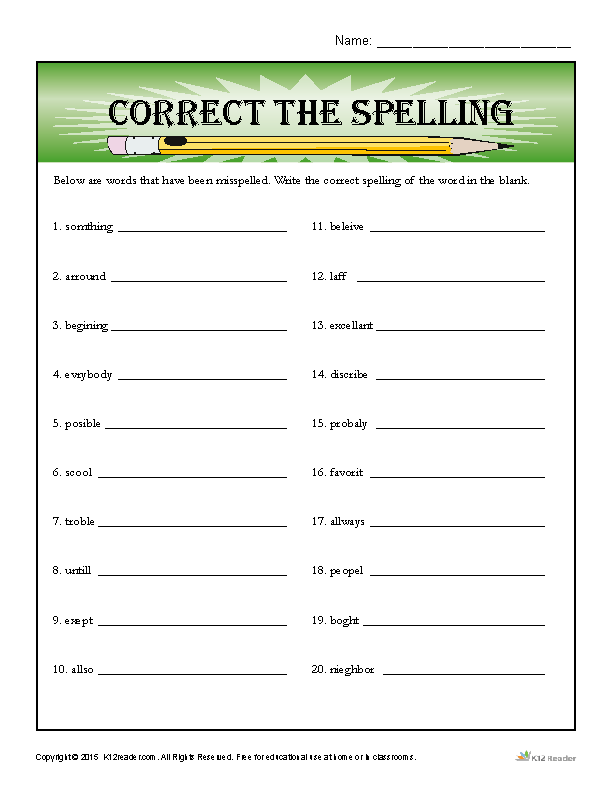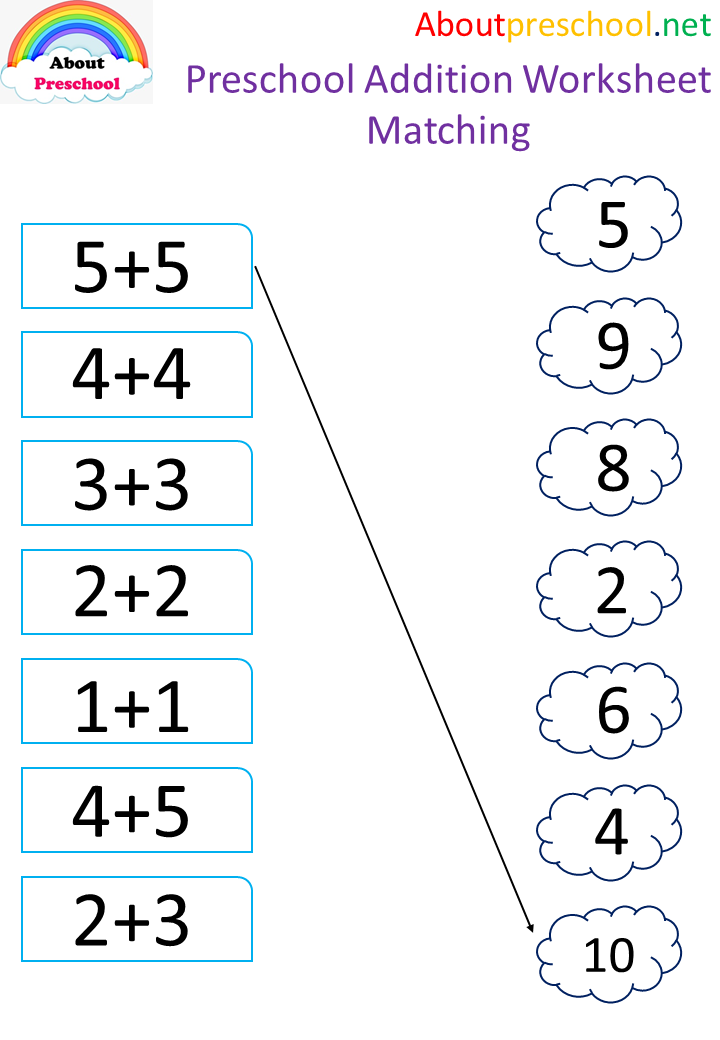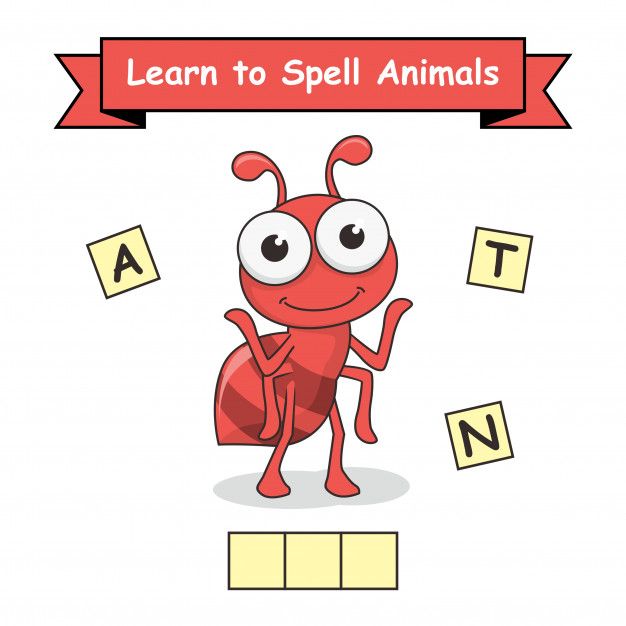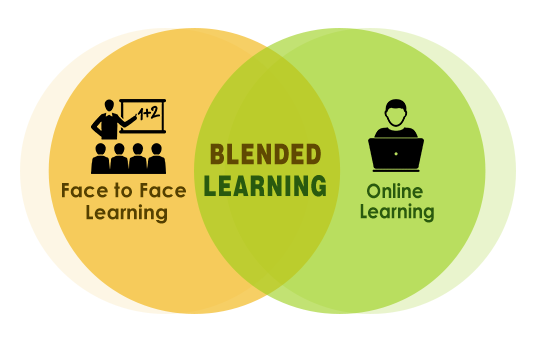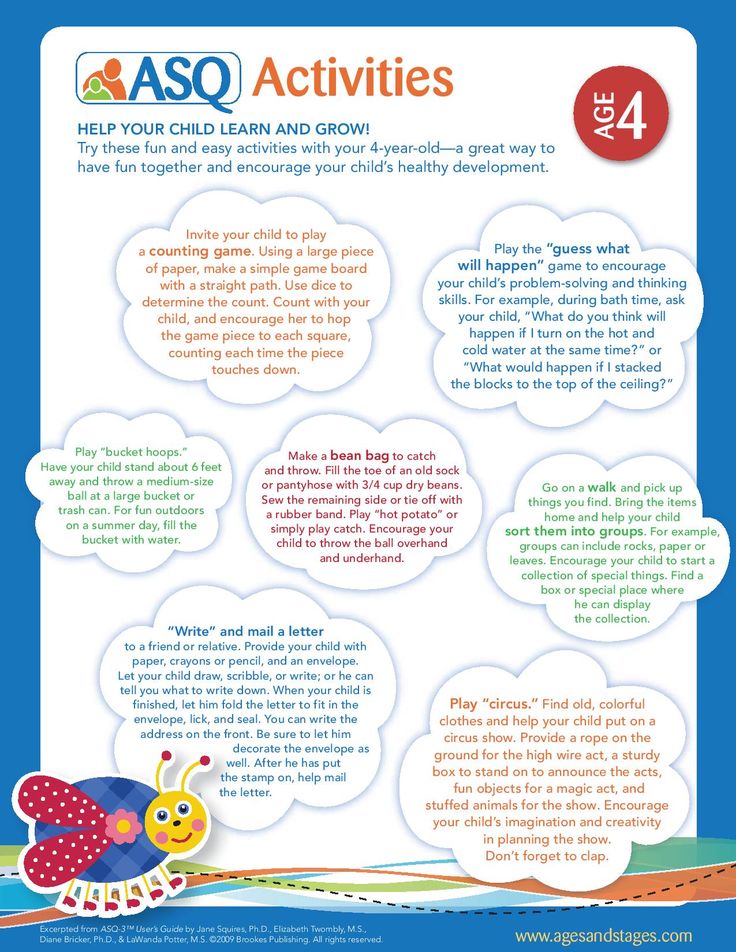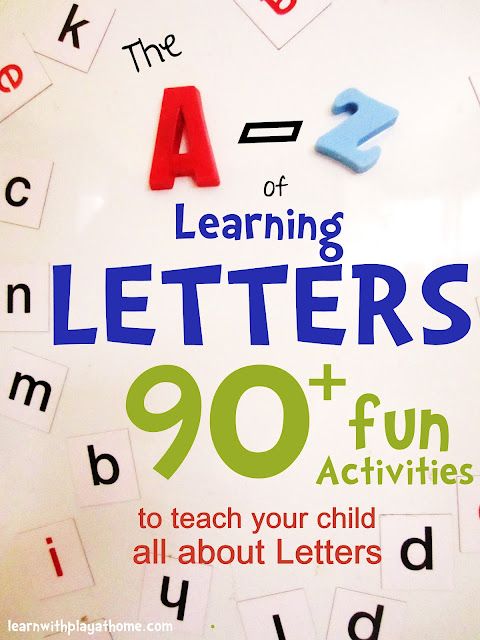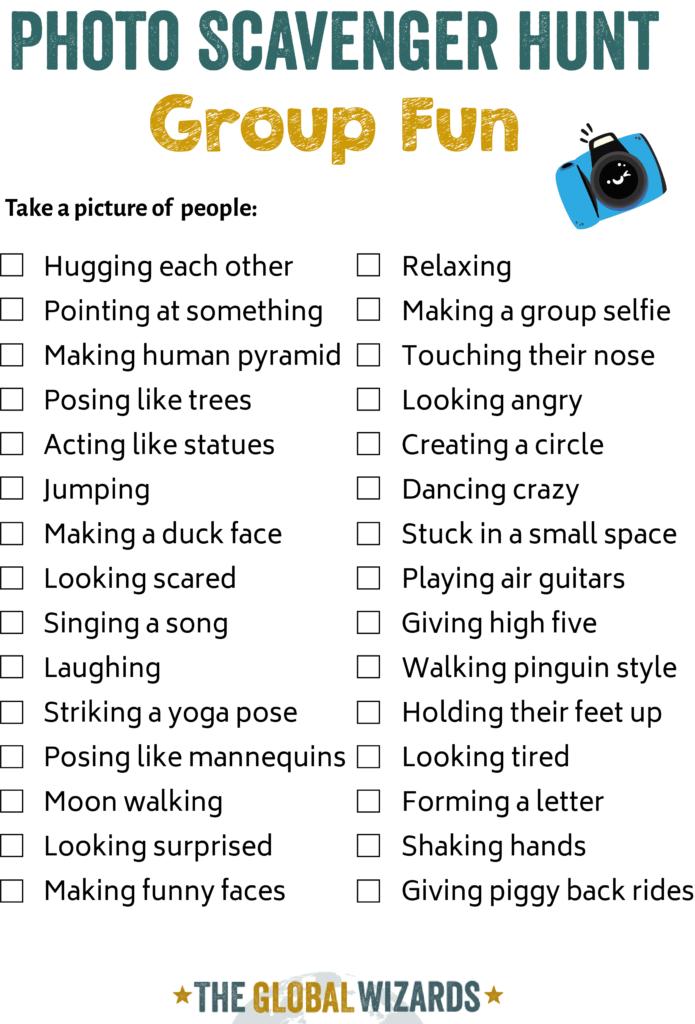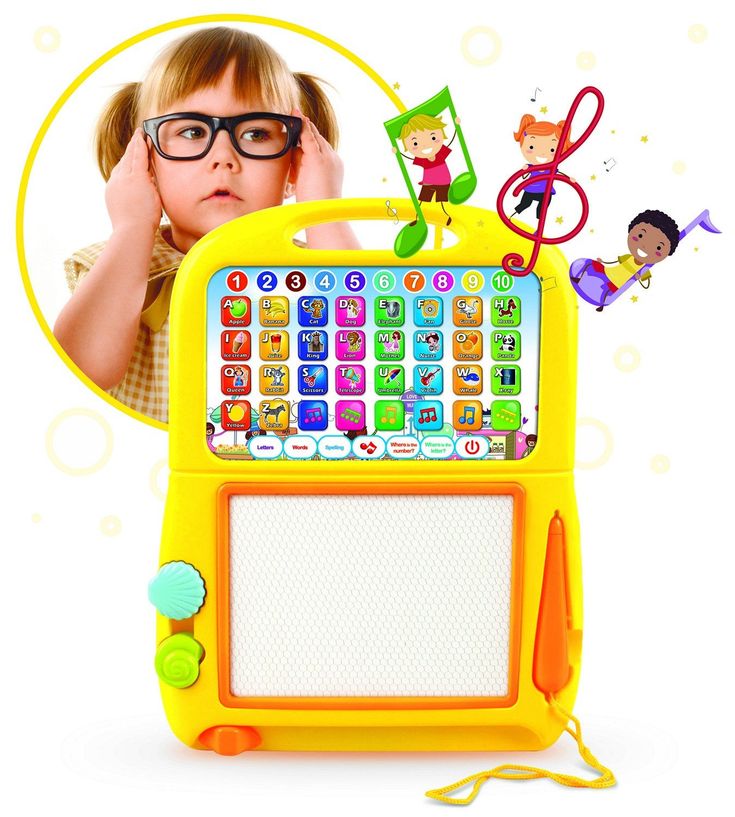Spelling activity for kids
8 Activities To Improve Spelling Skills
Spelling skills are very important, especially for children in younger grades. Good spelling skills improve reading ability, vocabulary, and language fluency and set your child up for future educational success.
Make Spelling Practice More Engaging
Has your child’s spelling practice become dry? As important as it may be, it can be hard to motivate your child to practice spelling skills if it isn’t an engaging activity. Writing out spelling lists is repetitive (and boring!), and may not be the most effective way for your child to learn.
There are many ways to practice spelling other than simply rewriting spelling lists. Trying a variety of spelling activities with your child encourages him or her to practice different kinds of spelling strategies to use while writing.
Keep reading to learn 8 fun ways to study spelling words with your child.
8 Fun Spelling Activities For Kids (And How They Help Build Spelling Skills)
1.
First, create flashcards that have one word per card. You can use your child’s spelling list, or create your own. Have your child pick a card, read the word aloud, and say each of the letters in the word. Then, have him or her place the card face down and write the word on a piece of paper.
This activity encourages: memory recall and spelling aloud.
2. Sound It Out:
Say a word out loud to your child, have him or her repeat it back to you, and then write out what he or she heard. For younger children, try to stick to words that are spelt as they are heard. For older children, include more complex words that are a bit more difficult to spell.
This activity encourages: identifying phonetic patterns in words and spelling words using these patterns.
3. Create A Puzzle:
Write a word on paper and cut the letters into individual pieces (refrigerator magnets work great, too).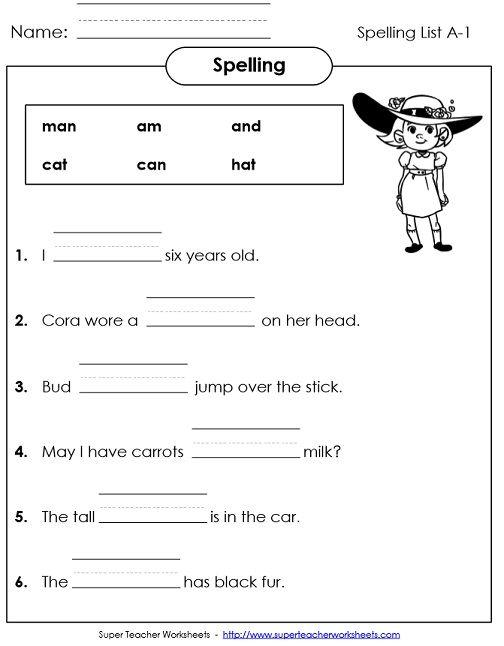 Mix up the letters and have your child spell out the word by putting the letters in the correct order.
Mix up the letters and have your child spell out the word by putting the letters in the correct order.
This activity encourages:
logic skills to determine the spelling of a word.
4. Try Rainbow Writing:
Have your child spell words by using a different color pen, pencil, or crayon for each letter. Then have your child spell the same words using a different color for each word.
This activity encourages: learning how letters work together to form complete words.
5. Trace, Write, And Remember:
Create three columns on a sheet of paper. Label one column ‘trace’, one ‘copy’, and one ‘remember’. Using your child’s spelling list or one you’ve created, write a list of words in the first column. Have your child trace the letters you have written, then copy them in the next column. Lastly, cover the first two columns with a sheet of paper and have your child write the word in the third column from memory.
This activity encourages: word identification and spelling memory.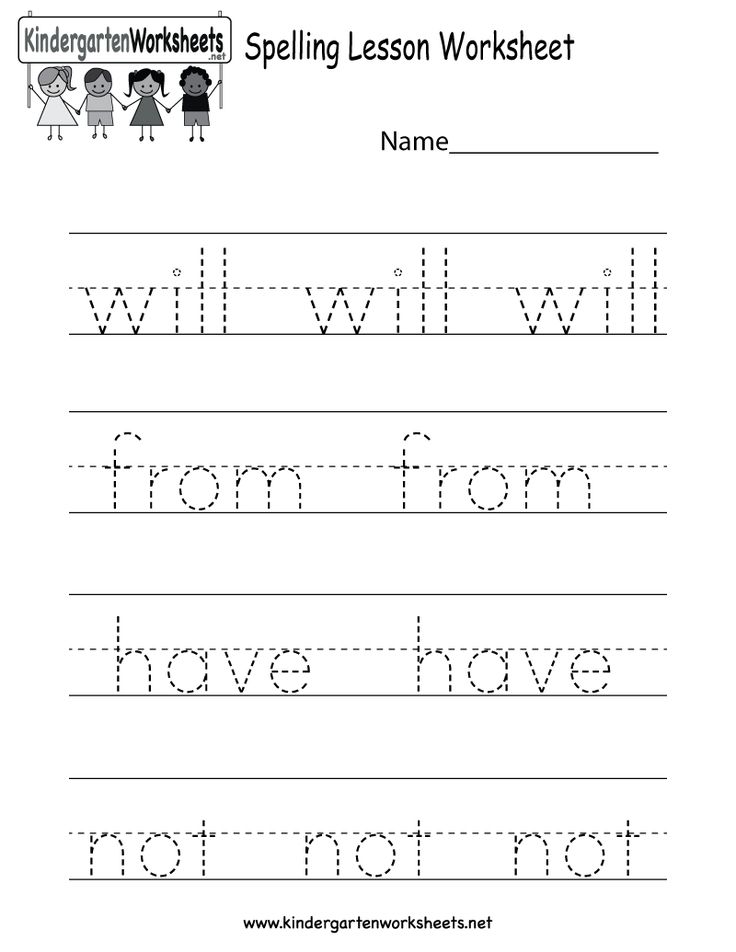
6. Try Staircase Spelling:
Have your child practice writing words in a staircase pattern. Start with the first letter of the word on one line, add one more letter on the next line, and continue until the word is complete.
For example:
W
Wr
Wri
Writ
Write
This activity encourages: understanding spelling logic, especially for more complex words or words with more than two syllables.
7. Create Word Swatters:
Create a ‘word swatter’ for your child using a fly swatter or kitchen spatula. Working from a list of words, have your child look through books, magazines, and other print materials and ‘swat’ the words using the word swatter when he or she spots them. Keep track of the words your child has found by crossing them off as they are found.
This activity encourages: active reading, word identification, and spelling memory.
8. Fill In The Missing Letters:
Create a list of words on a piece of paper with blanks replacing some of the letters.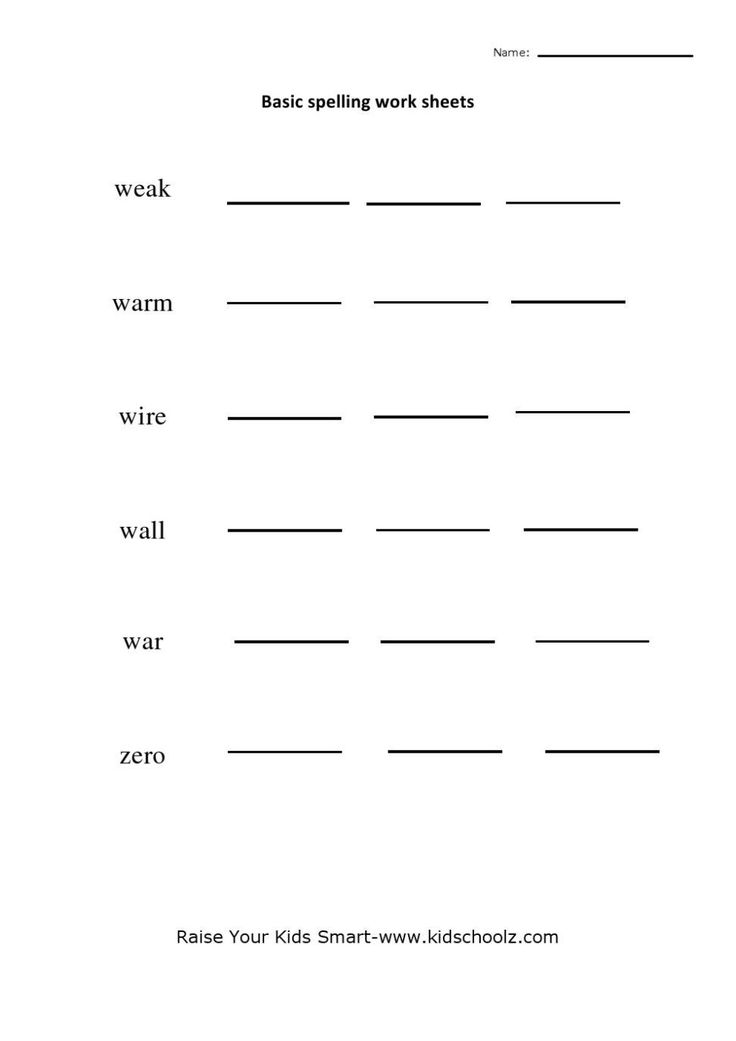 Have your child work through the words, filling in letters to complete them. If your child needs help identifying the word, try drawing a simple picture next to the word, or include a ‘word bank’ at the bottom of the page.
Have your child work through the words, filling in letters to complete them. If your child needs help identifying the word, try drawing a simple picture next to the word, or include a ‘word bank’ at the bottom of the page.
This activity encourages: spelling logic and word identification.
Keep Your Child’s Spelling Practice Interesting
Get creative with your child’s spelling practice at home by using some of the above suggestions. Trying a variety of activities with your child will help keep him or her engaged in learning and motivated to improve his or her skills. Remember: good spelling skills translate into better reading skills!
Check out these other resources to help improve your child’s writing ability:
6 Vocabulary Building Activities For Kids
Building Better Writing Skills: Tips For Students Of All Ages
50 Hands-On Spelling Activities {for Phonics and Sight Words}
Has your spelling practice become dry or boring? Well, brush off the dust and try some of these hands-on spelling activities!
Since readers need to have BOTH phonics and sight words understanding to become good readers, focusing on both phonics AND sight words during spelling instruction is a great way to help words “stick” in a child’s memory.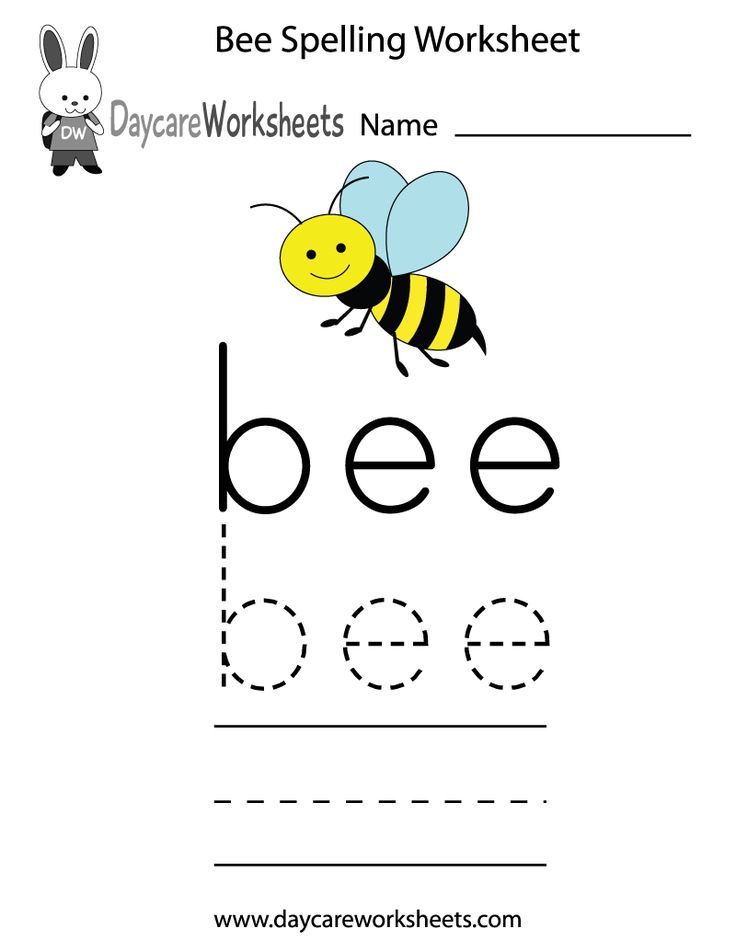
When words are taken out of the context of a book and their patterns, letters, and parts are studied, it forces readers to slow down and really take it all the word has to offer them. This, in turn, helps them become better readers.
So today, I’d like to share 50 of my favorite hands-on spelling activities for phonics and sight words. Many of these are included in the back of my ebook, Teaching Kids to Spell.
Did you know you can find 700+ pages of printable spelling activities and games in my ebook? Yes! That’s enough to cover an entire year of spelling fun!
50 Hands-on Spelling Activities
Most all of these activities can be adapted for either phonics OR sight words. You can also insert your child’s spelling list into the activity instead of using the specific words shown in the post.
1. Scoop & Spell {This Reading Mama}
2. Sidewalk Chalk Spelling Hop {Relentlessly Fun, Deceptively Educational}
3.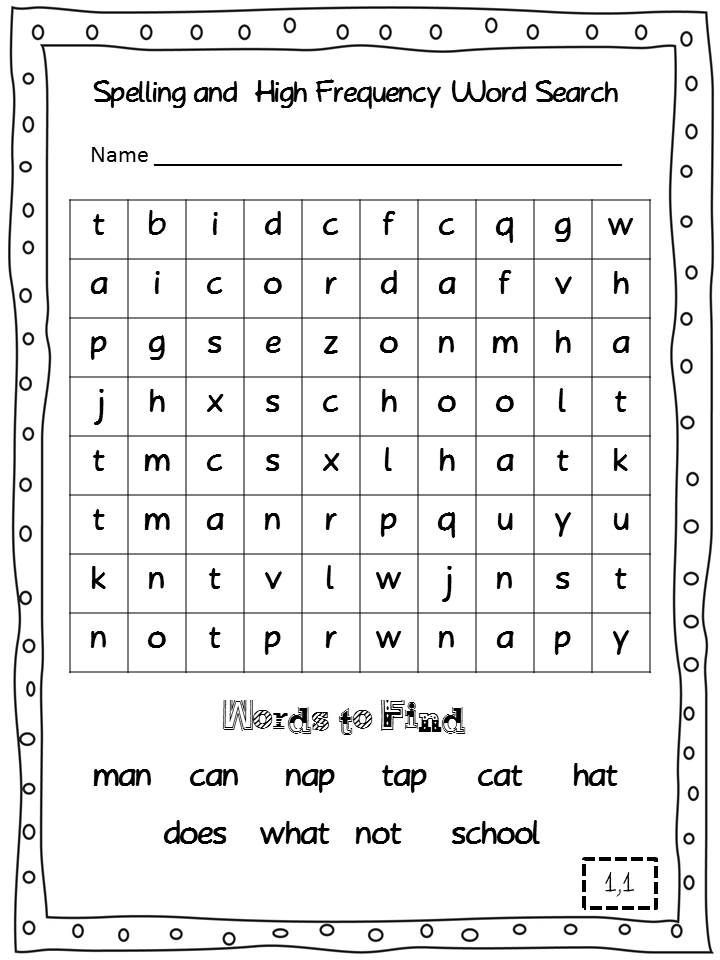 Stamp Your Words {Lessons Learnt Journal}
Stamp Your Words {Lessons Learnt Journal}
4. Go on a Word Treasure Hunt {Hands On: As we Grow}
5. Make a Spelling Word Search Puzzle {This Reading Mama}
6. Use a Spelling Dictionary {The Measured Mom}
7. Dot Sticker Spelling {School Time Snippets}
8. Post-a-Word {This Reading Mama}
9. Make a Giant Crossword Puzzle {A Mom with a Lesson Plan}
10. Phonics Jumping Game {Learners in Bloom}
11. Play Word Rocket {Playdough to Plato}
12. Spell with Beads {Frugal Fun 4 Boys}
13. Spell with LEGO Letters {This Reading Mama}
14. Spell the Most Words Game {No Time for Flashcards}
15. Spinning Straw Spellers {Still Playing School}
16. Build Words with Rocks {Sugar Ants}
17. Glitter Spelling {Here Come the Girls}
18. Play Word Bump! {This Reading Mama}
19. Roll a Sight Word {I Can Teach My Child}
20. Making Words {Buggy and Buddy}
21. Paint your Words {Childhood 101}
22.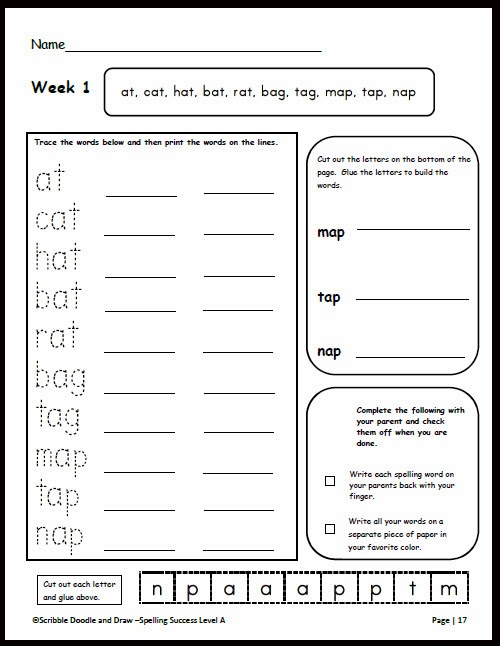 Oversized Letter Cards for Spelling {This Reading Mama}
Oversized Letter Cards for Spelling {This Reading Mama}
23. Seek and Find Spelling Game {What Do We Do All Day?}
24. Rainbow Write Your Words {Nurture Store}
25. Words 3 Ways {Teach Mama}
26. Use Crayon Resist {This Reading Mama}
27. Spell with Pipe Cleaners {Make and Takes}
28. Spell with Your Fingers {Home School Innovation}
29. Use Word Sorts {This Reading Mama}
30. Spell with Cereal {A Mom with a Lesson Plan}
31. Finger Tap Spelling {This Reading Mama}
32. Car Track Delivery Spelling Game {Stay at Home Educator}
33. Make a Chalkboard Refrigerator Game {Enchanted Homeschooling Mom}
34. Visual Spelling Practice {Home Literacy Blueprint}
Roll & Cover Game
35. Roll & Cover Spelling Words {This Reading Mama}
36. Make a Spelling Garage {123 Homeschool 4 Me}
37. Roll and Spell {Well-Nurtured Plants and Pillars}
38. Letter Lacing {Mama Miss}
39. Roll & Write Words {This Reading Mama}
40.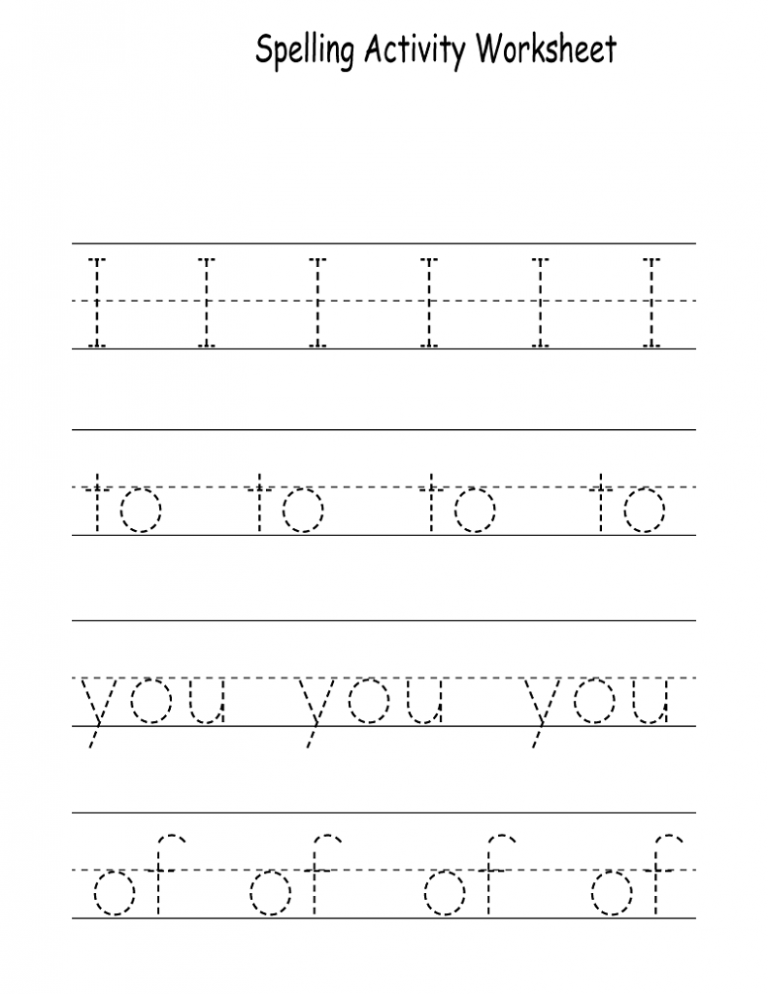 Spelling Hangman {Mom to 2 Posh Lil Divas}
Spelling Hangman {Mom to 2 Posh Lil Divas}
41. Waffle Words Spelling Game {The Homeschool Post}
42. Use a Board Game {Teach Beside Me}
43. Spell with a Word Family Dictionary {guest post on The Measured Mom}
44. Play a Word Stretching Game {The Pleasantest Thing}
45. DIY Spelling Word Puzzles {This Reading Mama}
45. Allow Invented Spelling {1+1+1=1}
46. Spelling Puzzles {No Time for Flash Cards}
47. Missing Letter Spelling Game {Imagination Soup}
48. Ride to Spell {This Reading Mama}
49. Spelling Battleship {Relentlessly Fun, Deceptively Educational}
50. Clip a Word {Sugar Ants}
51. Bottle Cap Spelling {This Reading Mama}
More Spelling Activities and Resources:
- Short Vowel Word Study
Go digital with spelling! Read all about my educational apps or purchase them on iTunes or Google Play!
All About Spelling is a fantastic spelling program using the Orton-Gillingham methods.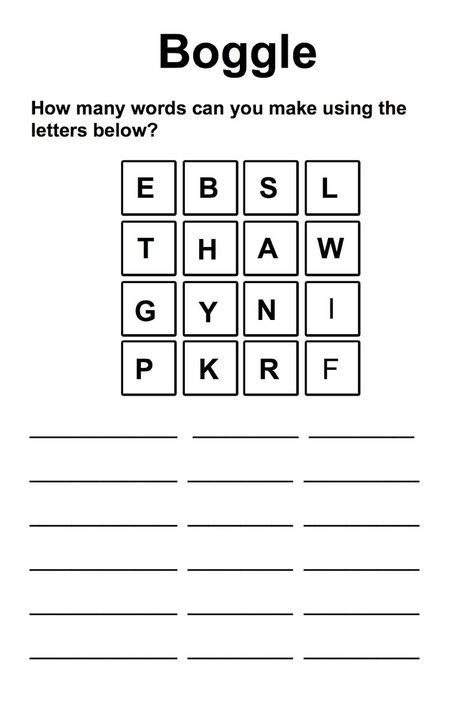 Hands-on work is a big part of All About Spelling!
Hands-on work is a big part of All About Spelling!
Using Words Their Way to Teach Spelling
5 Things Struggling Spellers Need
Enjoy teaching!
~Becky
Want MORE Free Teaching Resources?
Join thousands of other subscribers to get hands-on activities and printables delivered right to your inbox!
Formation of spelling skills in primary school students at Russian language lessons
%PDF-1.5 % 10 obj > /Metadata 4 0 R >> endobj 5 0 obj /Title >> endobj 20 obj > endobj 3 0 obj > endobj 40 obj > stream
 32 841.92] /Contents[83 0 R 84 0 R 85 0 R] /group> /Tabs /S /StructParents 0 /Annots [86 0R] >> endobj 70 obj > /ExtGState> /ProcSet [/PDF /Text /ImageB /ImageC /ImageI] >> /Annots [90 0 R 91 0 R 92 0 R 93 0 R 94 0 R 95 0 R 96 0 R 97 0 R 98 0 R 99 0 R 100 0 R 101 0 R 102 0 R 103 0 R 104 0 R 105 0 R 106 0 R 107 0 R 108 0 R 109 0 R 110 0 R 111 0 R] /MediaBox [0 0 595.32 841.92] /Contents 112 0 R /group> /Tabs /S /StructParents 1 >> endobj 80 obj > /ProcSet [/PDF /Text /ImageB /ImageC /ImageI] >> /MediaBox[0 0 595.32 841.92] /Contents 113 0 R /group> /Tabs /S /StructParents 24 >> endobj 9 0 obj > /ProcSet [/PDF /Text /ImageB /ImageC /ImageI] >> /MediaBox [0 0 595.32 841.92] /Contents 114 0 R /group> /Tabs /S /StructParents 25 >> endobj 10 0 obj > /ProcSet [/PDF /Text /ImageB /ImageC /ImageI] >> /MediaBox [0 0 595.32 841.92] /Contents 115 0 R /group> /Tabs /S /StructParents 26 >> endobj 11 0 obj > /ProcSet [/PDF /Text /ImageB /ImageC /ImageI] >> /MediaBox[0 0 595.32 841.92] /Contents 117 0 R /group> /Tabs /S /StructParents 27 >> endobj 12 0 obj > /ExtGState> /ProcSet [/PDF /Text /ImageB /ImageC /ImageI] >> /MediaBox [0 0 595.
32 841.92] /Contents[83 0 R 84 0 R 85 0 R] /group> /Tabs /S /StructParents 0 /Annots [86 0R] >> endobj 70 obj > /ExtGState> /ProcSet [/PDF /Text /ImageB /ImageC /ImageI] >> /Annots [90 0 R 91 0 R 92 0 R 93 0 R 94 0 R 95 0 R 96 0 R 97 0 R 98 0 R 99 0 R 100 0 R 101 0 R 102 0 R 103 0 R 104 0 R 105 0 R 106 0 R 107 0 R 108 0 R 109 0 R 110 0 R 111 0 R] /MediaBox [0 0 595.32 841.92] /Contents 112 0 R /group> /Tabs /S /StructParents 1 >> endobj 80 obj > /ProcSet [/PDF /Text /ImageB /ImageC /ImageI] >> /MediaBox[0 0 595.32 841.92] /Contents 113 0 R /group> /Tabs /S /StructParents 24 >> endobj 9 0 obj > /ProcSet [/PDF /Text /ImageB /ImageC /ImageI] >> /MediaBox [0 0 595.32 841.92] /Contents 114 0 R /group> /Tabs /S /StructParents 25 >> endobj 10 0 obj > /ProcSet [/PDF /Text /ImageB /ImageC /ImageI] >> /MediaBox [0 0 595.32 841.92] /Contents 115 0 R /group> /Tabs /S /StructParents 26 >> endobj 11 0 obj > /ProcSet [/PDF /Text /ImageB /ImageC /ImageI] >> /MediaBox[0 0 595.32 841.92] /Contents 117 0 R /group> /Tabs /S /StructParents 27 >> endobj 12 0 obj > /ExtGState> /ProcSet [/PDF /Text /ImageB /ImageC /ImageI] >> /MediaBox [0 0 595.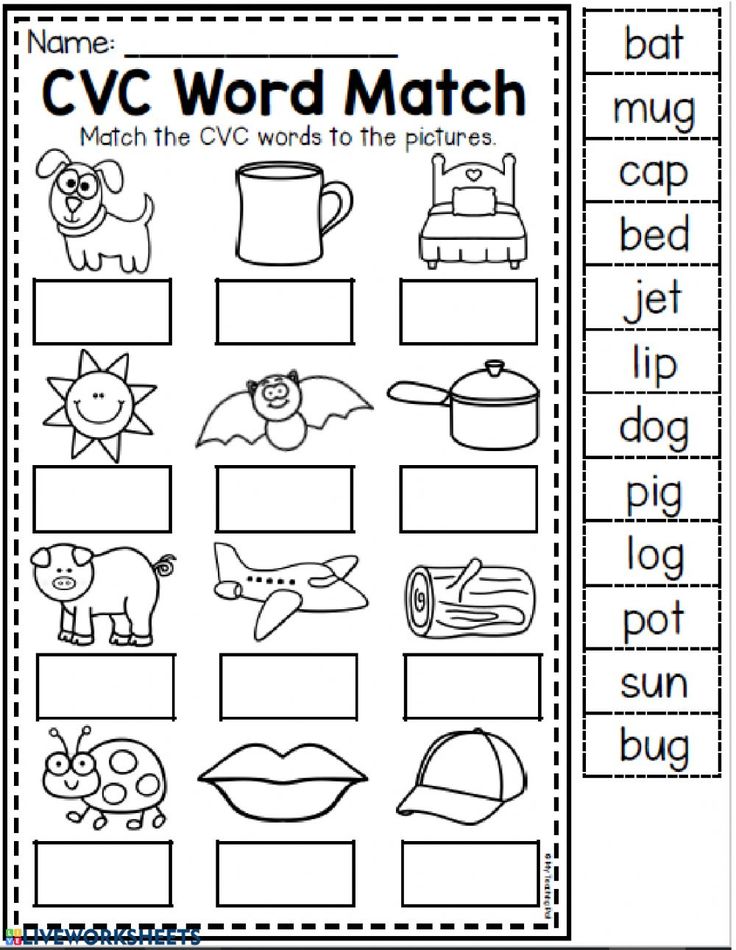 32 841.92] /Contents 118 0R /group> /Tabs /S /StructParents 28 >> endobj 13 0 obj > /ExtGState> /ProcSet [/PDF /Text /ImageB /ImageC /ImageI] >> /MediaBox [0 0 595.32 841.92] /Contents 119 0 R /group> /Tabs /S /StructParents 29 >> endobj 14 0 obj > /ExtGState> /ProcSet [/PDF /Text /ImageB /ImageC /ImageI] >> /MediaBox[0 0 595.32 841.92] /Contents 120 0 R /group> /Tabs /S /StructParents 30 >> endobj 15 0 obj > /ExtGState> /ProcSet [/PDF /Text /ImageB /ImageC /ImageI] >> /MediaBox [0 0 595.32 841.92] /Contents 121 0 R /group> /Tabs /S /StructParents 31 >> endobj 16 0 obj > /ProcSet [/PDF /Text /ImageB /ImageC /ImageI] >> /MediaBox [0 0 595.32 841.92] /Contents 122 0 R /group> /Tabs /S /StructParents 32 >> endobj 17 0 obj > /ProcSet [/PDF /Text /ImageB /ImageC /ImageI] >> /MediaBox[0 0 595.32 841.92] /Contents 123 0 R /group> /Tabs /S /StructParents 33 >> endobj 18 0 obj > /ProcSet [/PDF /Text /ImageB /ImageC /ImageI] >> /MediaBox [0 0 595.32 841.92] /Contents 124 0 R /group> /Tabs /S /StructParents 34 >> endobj 19 0 obj > /ProcSet [/PDF /Text /ImageB /ImageC /ImageI] >> /MediaBox [0 0 595.
32 841.92] /Contents 118 0R /group> /Tabs /S /StructParents 28 >> endobj 13 0 obj > /ExtGState> /ProcSet [/PDF /Text /ImageB /ImageC /ImageI] >> /MediaBox [0 0 595.32 841.92] /Contents 119 0 R /group> /Tabs /S /StructParents 29 >> endobj 14 0 obj > /ExtGState> /ProcSet [/PDF /Text /ImageB /ImageC /ImageI] >> /MediaBox[0 0 595.32 841.92] /Contents 120 0 R /group> /Tabs /S /StructParents 30 >> endobj 15 0 obj > /ExtGState> /ProcSet [/PDF /Text /ImageB /ImageC /ImageI] >> /MediaBox [0 0 595.32 841.92] /Contents 121 0 R /group> /Tabs /S /StructParents 31 >> endobj 16 0 obj > /ProcSet [/PDF /Text /ImageB /ImageC /ImageI] >> /MediaBox [0 0 595.32 841.92] /Contents 122 0 R /group> /Tabs /S /StructParents 32 >> endobj 17 0 obj > /ProcSet [/PDF /Text /ImageB /ImageC /ImageI] >> /MediaBox[0 0 595.32 841.92] /Contents 123 0 R /group> /Tabs /S /StructParents 33 >> endobj 18 0 obj > /ProcSet [/PDF /Text /ImageB /ImageC /ImageI] >> /MediaBox [0 0 595.32 841.92] /Contents 124 0 R /group> /Tabs /S /StructParents 34 >> endobj 19 0 obj > /ProcSet [/PDF /Text /ImageB /ImageC /ImageI] >> /MediaBox [0 0 595.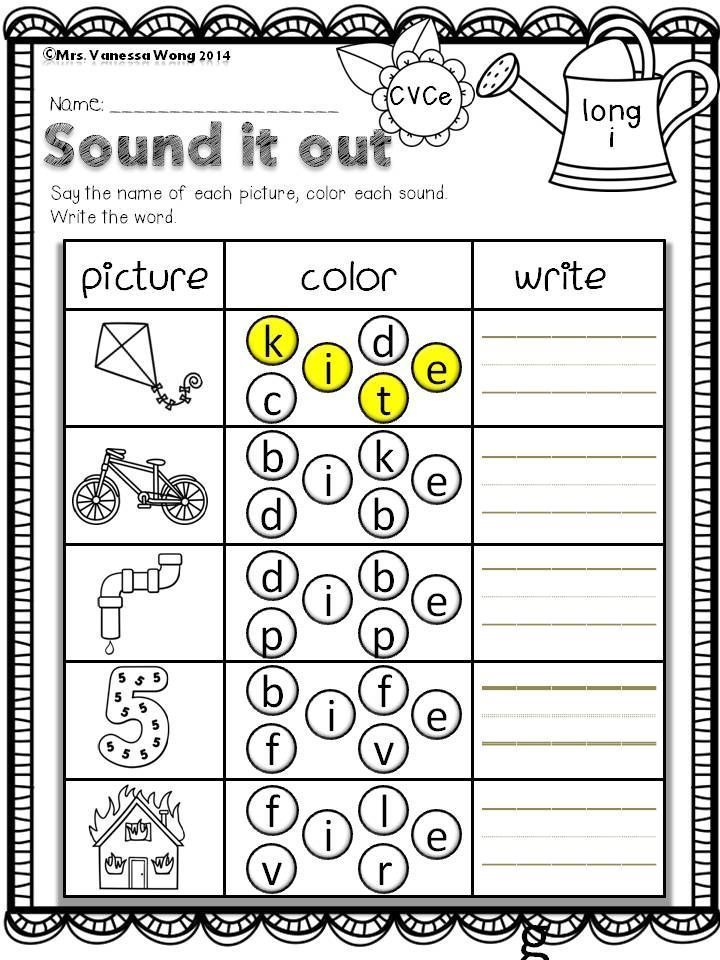 32 841.92] /Contents 125 0 R /group> /Tabs /S /StructParents 35 >> endobj 20 0 obj > /ExtGState> /ProcSet [/PDF /Text /ImageB /ImageC /ImageI] >> /MediaBox[0 0 595.32 841.92] /Contents 126 0 R /group> /Tabs /S /StructParents 36 >> endobj 21 0 obj > /ExtGState> /ProcSet [/PDF /Text /ImageB /ImageC /ImageI] >> /MediaBox [0 0 595.32 841.92] /Contents 127 0 R /group> /Tabs /S /StructParents 37 >> endobj 22 0 obj > /ExtGState> /ProcSet [/PDF /Text /ImageB /ImageC /ImageI] >> /MediaBox [0 0 595.32 841.92] /Contents 128 0 R /group> /Tabs /S /StructParents 38 >> endobj 23 0 obj > /ExtGState> /ProcSet [/PDF /Text /ImageB /ImageC /ImageI] >> /MediaBox[0 0 595.32 841.92] /Contents 129 0 R /group> /Tabs /S /StructParents 39 >> endobj 24 0 obj > /ExtGState> /ProcSet [/PDF /Text /ImageB /ImageC /ImageI] >> /MediaBox [0 0 595.32 841.92] /Contents 130 0 R /group> /Tabs /S /StructParents 40 >> endobj 25 0 obj > /ExtGState> /ProcSet [/PDF /Text /ImageB /ImageC /ImageI] >> /MediaBox [0 0 595.32 841.92] /Contents 132 0 R /group> /Tabs /S /StructParents 41 >> endobj 26 0 obj > /ExtGState> /ProcSet [/PDF /Text /ImageB /ImageC /ImageI] >> /MediaBox[0 0 595.
32 841.92] /Contents 125 0 R /group> /Tabs /S /StructParents 35 >> endobj 20 0 obj > /ExtGState> /ProcSet [/PDF /Text /ImageB /ImageC /ImageI] >> /MediaBox[0 0 595.32 841.92] /Contents 126 0 R /group> /Tabs /S /StructParents 36 >> endobj 21 0 obj > /ExtGState> /ProcSet [/PDF /Text /ImageB /ImageC /ImageI] >> /MediaBox [0 0 595.32 841.92] /Contents 127 0 R /group> /Tabs /S /StructParents 37 >> endobj 22 0 obj > /ExtGState> /ProcSet [/PDF /Text /ImageB /ImageC /ImageI] >> /MediaBox [0 0 595.32 841.92] /Contents 128 0 R /group> /Tabs /S /StructParents 38 >> endobj 23 0 obj > /ExtGState> /ProcSet [/PDF /Text /ImageB /ImageC /ImageI] >> /MediaBox[0 0 595.32 841.92] /Contents 129 0 R /group> /Tabs /S /StructParents 39 >> endobj 24 0 obj > /ExtGState> /ProcSet [/PDF /Text /ImageB /ImageC /ImageI] >> /MediaBox [0 0 595.32 841.92] /Contents 130 0 R /group> /Tabs /S /StructParents 40 >> endobj 25 0 obj > /ExtGState> /ProcSet [/PDF /Text /ImageB /ImageC /ImageI] >> /MediaBox [0 0 595.32 841.92] /Contents 132 0 R /group> /Tabs /S /StructParents 41 >> endobj 26 0 obj > /ExtGState> /ProcSet [/PDF /Text /ImageB /ImageC /ImageI] >> /MediaBox[0 0 595.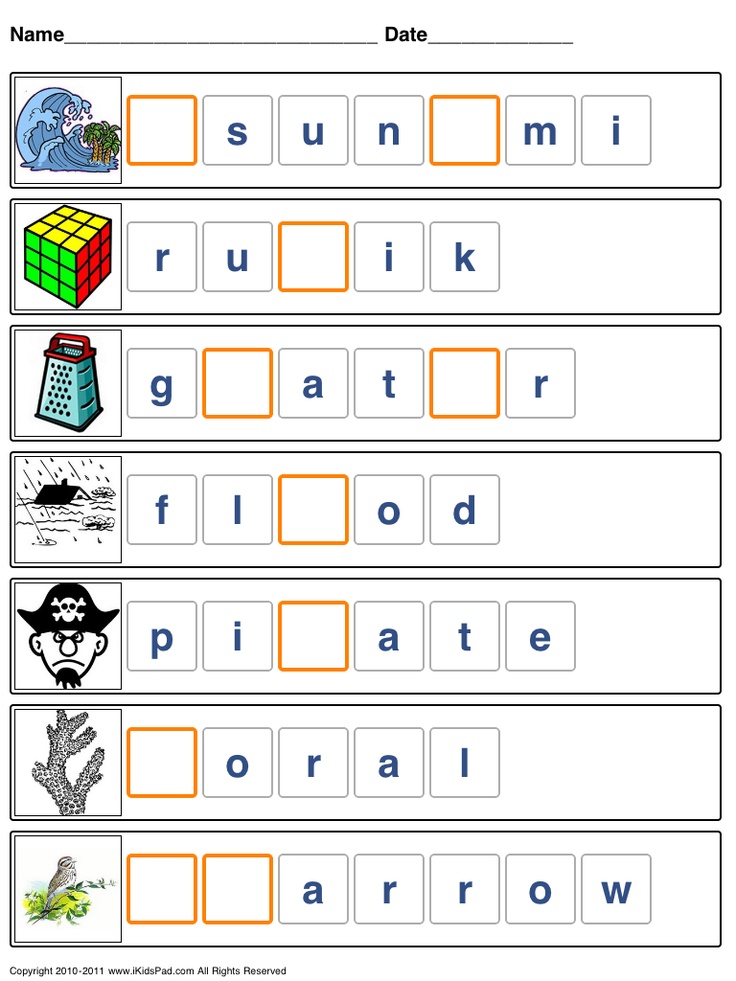 32 841.92] /Contents 133 0R /group> /Tabs /S /StructParents 42 >> endobj 27 0 obj > /ExtGState> /ProcSet [/PDF /Text /ImageB /ImageC /ImageI] >> /MediaBox [0 0 595.32 841.92] /Contents 134 0 R /group> /Tabs /S /StructParents 43 >> endobj 28 0 obj > /ProcSet [/PDF /Text /ImageB /ImageC /ImageI] >> /MediaBox [0 0 595.32 841.92] /Contents 135 0 R /group> /Tabs /S /StructParents 44 >> endobj 29 0 obj > /ProcSet [/PDF /Text /ImageB /ImageC /ImageI] >> /MediaBox[0 0 595.32 841.92] /Contents 136 0 R /group> /Tabs /S /StructParents 45 >> endobj 30 0 obj > /ExtGState> /ProcSet [/PDF /Text /ImageB /ImageC /ImageI] >> /MediaBox [0 0 595.32 841.92] /Contents 137 0 R /group> /Tabs /S /StructParents 46 >> endobj 31 0 obj > /ExtGState> /ProcSet [/PDF /Text /ImageB /ImageC /ImageI] >> /MediaBox [0 0 595.32 841.92] /Contents 138 0 R /group> /Tabs /S /StructParents 47 >> endobj 32 0 obj > /ProcSet [/PDF /Text /ImageB /ImageC /ImageI] >> /MediaBox[0 0 595.32 841.92] /Contents 139 0 R /group> /Tabs /S /StructParents 48 >> endobj 33 0 obj > /ProcSet [/PDF /Text /ImageB /ImageC /ImageI] >> /MediaBox [0 0 595.
32 841.92] /Contents 133 0R /group> /Tabs /S /StructParents 42 >> endobj 27 0 obj > /ExtGState> /ProcSet [/PDF /Text /ImageB /ImageC /ImageI] >> /MediaBox [0 0 595.32 841.92] /Contents 134 0 R /group> /Tabs /S /StructParents 43 >> endobj 28 0 obj > /ProcSet [/PDF /Text /ImageB /ImageC /ImageI] >> /MediaBox [0 0 595.32 841.92] /Contents 135 0 R /group> /Tabs /S /StructParents 44 >> endobj 29 0 obj > /ProcSet [/PDF /Text /ImageB /ImageC /ImageI] >> /MediaBox[0 0 595.32 841.92] /Contents 136 0 R /group> /Tabs /S /StructParents 45 >> endobj 30 0 obj > /ExtGState> /ProcSet [/PDF /Text /ImageB /ImageC /ImageI] >> /MediaBox [0 0 595.32 841.92] /Contents 137 0 R /group> /Tabs /S /StructParents 46 >> endobj 31 0 obj > /ExtGState> /ProcSet [/PDF /Text /ImageB /ImageC /ImageI] >> /MediaBox [0 0 595.32 841.92] /Contents 138 0 R /group> /Tabs /S /StructParents 47 >> endobj 32 0 obj > /ProcSet [/PDF /Text /ImageB /ImageC /ImageI] >> /MediaBox[0 0 595.32 841.92] /Contents 139 0 R /group> /Tabs /S /StructParents 48 >> endobj 33 0 obj > /ProcSet [/PDF /Text /ImageB /ImageC /ImageI] >> /MediaBox [0 0 595.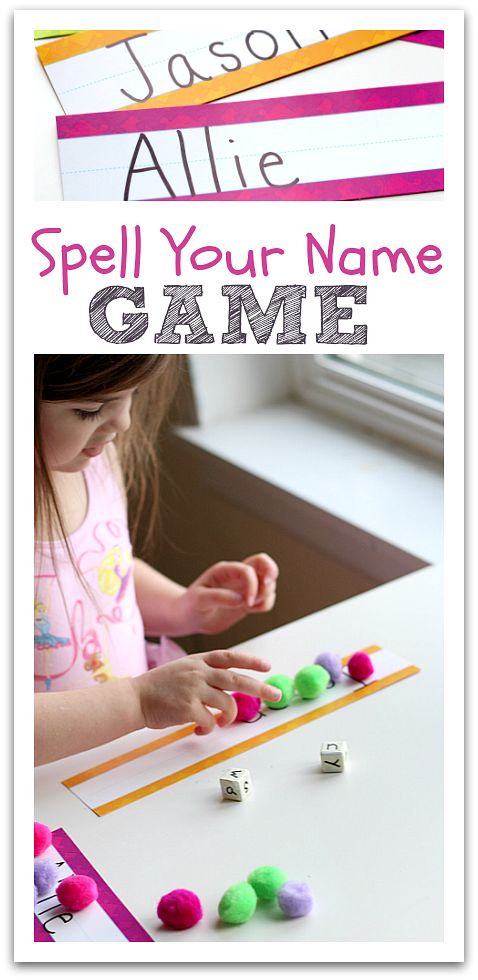 32 841.92] /Contents 140 0 R /group> /Tabs /S /StructParents 49 >> endobj 34 0 obj > /ProcSet [/PDF /Text /ImageB /ImageC /ImageI] >> /MediaBox [0 0 595.32 841.92] /Contents 141 0 R /group> /Tabs /S /StructParents 50 >> endobj 35 0 obj > /ExtGState> /ProcSet [/PDF /Text /ImageB /ImageC /ImageI] >> /MediaBox[0 0 595.32 841.92] /Contents 142 0 R /group> /Tabs /S /StructParents 51 >> endobj 36 0 obj > /ExtGState> /ProcSet [/PDF /Text /ImageB /ImageC /ImageI] >> /MediaBox [0 0 595.32 841.92] /Contents 143 0 R /group> /Tabs /S /StructParents 52 >> endobj 37 0 obj > /ExtGState> /ProcSet [/PDF /Text /ImageB /ImageC /ImageI] >> /MediaBox [0 0 595.32 841.92] /Contents 144 0 R /group> /Tabs /S /StructParents 53 >> endobj 38 0 obj > /ExtGState> /ProcSet [/PDF /Text /ImageB /ImageC /ImageI] >> /MediaBox[0 0 595.32 841.92] /Contents 145 0 R /group> /Tabs /S /StructParents 54 >> endobj 39 0 obj > /ExtGState> /ProcSet [/PDF /Text /ImageB /ImageC /ImageI] >> /MediaBox [0 0 595.32 841.92] /Contents 146 0R /group> /Tabs /S /StructParents 55 >> endobj 40 0 obj > /ExtGState> /ProcSet [/PDF /Text /ImageB /ImageC /ImageI] >> /MediaBox [0 0 595.
32 841.92] /Contents 140 0 R /group> /Tabs /S /StructParents 49 >> endobj 34 0 obj > /ProcSet [/PDF /Text /ImageB /ImageC /ImageI] >> /MediaBox [0 0 595.32 841.92] /Contents 141 0 R /group> /Tabs /S /StructParents 50 >> endobj 35 0 obj > /ExtGState> /ProcSet [/PDF /Text /ImageB /ImageC /ImageI] >> /MediaBox[0 0 595.32 841.92] /Contents 142 0 R /group> /Tabs /S /StructParents 51 >> endobj 36 0 obj > /ExtGState> /ProcSet [/PDF /Text /ImageB /ImageC /ImageI] >> /MediaBox [0 0 595.32 841.92] /Contents 143 0 R /group> /Tabs /S /StructParents 52 >> endobj 37 0 obj > /ExtGState> /ProcSet [/PDF /Text /ImageB /ImageC /ImageI] >> /MediaBox [0 0 595.32 841.92] /Contents 144 0 R /group> /Tabs /S /StructParents 53 >> endobj 38 0 obj > /ExtGState> /ProcSet [/PDF /Text /ImageB /ImageC /ImageI] >> /MediaBox[0 0 595.32 841.92] /Contents 145 0 R /group> /Tabs /S /StructParents 54 >> endobj 39 0 obj > /ExtGState> /ProcSet [/PDF /Text /ImageB /ImageC /ImageI] >> /MediaBox [0 0 595.32 841.92] /Contents 146 0R /group> /Tabs /S /StructParents 55 >> endobj 40 0 obj > /ExtGState> /ProcSet [/PDF /Text /ImageB /ImageC /ImageI] >> /MediaBox [0 0 595. 32 841.92] /Contents 147 0 R /group> /Tabs /S /StructParents 56 >> endobj 41 0 obj > /ExtGState> /ProcSet [/PDF /Text /ImageB /ImageC /ImageI] >> /MediaBox[0 0 595.32 841.92] /Contents 148 0 R /group> /Tabs /S /StructParents 57 >> endobj 42 0 obj > /ExtGState> /ProcSet [/PDF /Text /ImageB /ImageC /ImageI] >> /MediaBox [0 0 595.32 841.92] /Contents 149 0 R /group> /Tabs /S /StructParents 58 >> endobj 43 0 obj > /ExtGState> /ProcSet [/PDF /Text /ImageB /ImageC /ImageI] >> /MediaBox [0 0 595.32 841.92] /Contents 150 0 R /group> /Tabs /S /StructParents 59 >> endobj 44 0 obj > /ProcSet [/PDF /Text /ImageB /ImageC /ImageI] >> /MediaBox[0 0 595.32 841.92] /Contents 151 0 R /group> /Tabs /S /StructParents 60 >> endobj 45 0 obj > /ExtGState> /ProcSet [/PDF /Text /ImageB /ImageC /ImageI] >> /MediaBox [0 0 595.32 841.92] /Contents 152 0R /group> /Tabs /S /StructParents 61 >> endobj 46 0 obj > /ExtGState> /ProcSet [/PDF /Text /ImageB /ImageC /ImageI] >> /MediaBox [0 0 595.32 841.92] /Contents 153 0 R /group> /Tabs /S /StructParents 62 >> endobj 47 0 obj > /ExtGState> /ProcSet [/PDF /Text /ImageB /ImageC /ImageI] >> /MediaBox[0 0 595.
32 841.92] /Contents 147 0 R /group> /Tabs /S /StructParents 56 >> endobj 41 0 obj > /ExtGState> /ProcSet [/PDF /Text /ImageB /ImageC /ImageI] >> /MediaBox[0 0 595.32 841.92] /Contents 148 0 R /group> /Tabs /S /StructParents 57 >> endobj 42 0 obj > /ExtGState> /ProcSet [/PDF /Text /ImageB /ImageC /ImageI] >> /MediaBox [0 0 595.32 841.92] /Contents 149 0 R /group> /Tabs /S /StructParents 58 >> endobj 43 0 obj > /ExtGState> /ProcSet [/PDF /Text /ImageB /ImageC /ImageI] >> /MediaBox [0 0 595.32 841.92] /Contents 150 0 R /group> /Tabs /S /StructParents 59 >> endobj 44 0 obj > /ProcSet [/PDF /Text /ImageB /ImageC /ImageI] >> /MediaBox[0 0 595.32 841.92] /Contents 151 0 R /group> /Tabs /S /StructParents 60 >> endobj 45 0 obj > /ExtGState> /ProcSet [/PDF /Text /ImageB /ImageC /ImageI] >> /MediaBox [0 0 595.32 841.92] /Contents 152 0R /group> /Tabs /S /StructParents 61 >> endobj 46 0 obj > /ExtGState> /ProcSet [/PDF /Text /ImageB /ImageC /ImageI] >> /MediaBox [0 0 595.32 841.92] /Contents 153 0 R /group> /Tabs /S /StructParents 62 >> endobj 47 0 obj > /ExtGState> /ProcSet [/PDF /Text /ImageB /ImageC /ImageI] >> /MediaBox[0 0 595.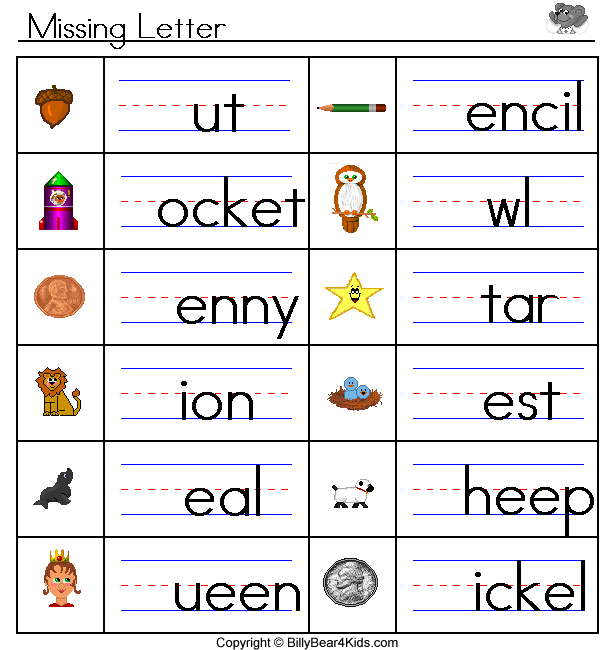 32 841.92] /Contents 154 0 R /group> /Tabs /S /StructParents 63 >> endobj 48 0 obj > /ExtGState> /ProcSet [/PDF /Text /ImageB /ImageC /ImageI] >> /MediaBox [0 0 595.32 841.92] /Contents 155 0R /group> /Tabs /S /StructParents 64 >> endobj 49 0 obj > /ExtGState> /ProcSet [/PDF /Text /ImageB /ImageC /ImageI] >> /MediaBox [0 0 595.32 841.92] /Contents 156 0R /group> /Tabs /S /StructParents 65 >> endobj 50 0 obj > /ExtGState> /XObject> /ProcSet [/PDF /Text /ImageB /ImageC /ImageI] >> /MediaBox[0 0 595.32 841.92] /Contents 161 0 R /group> /Tabs /S /StructParents 66 >> endobj 51 0 obj > /ExtGState> /ProcSet [/PDF /Text /ImageB /ImageC /ImageI] >> /MediaBox [0 0 595.32 841.92] /Contents 162 0 R /group> /Tabs /S /StructParents 67 >> endobj 52 0 obj > /ExtGState> /ProcSet [/PDF /Text /ImageB /ImageC /ImageI] >> /MediaBox [0 0 595.32 841.92] /Contents 163 0 R /group> /Tabs /S /StructParents 68 >> endobj 53 0 obj > /ExtGState> /ProcSet [/PDF /Text /ImageB /ImageC /ImageI] >> /MediaBox[0 0 595.32 841.
32 841.92] /Contents 154 0 R /group> /Tabs /S /StructParents 63 >> endobj 48 0 obj > /ExtGState> /ProcSet [/PDF /Text /ImageB /ImageC /ImageI] >> /MediaBox [0 0 595.32 841.92] /Contents 155 0R /group> /Tabs /S /StructParents 64 >> endobj 49 0 obj > /ExtGState> /ProcSet [/PDF /Text /ImageB /ImageC /ImageI] >> /MediaBox [0 0 595.32 841.92] /Contents 156 0R /group> /Tabs /S /StructParents 65 >> endobj 50 0 obj > /ExtGState> /XObject> /ProcSet [/PDF /Text /ImageB /ImageC /ImageI] >> /MediaBox[0 0 595.32 841.92] /Contents 161 0 R /group> /Tabs /S /StructParents 66 >> endobj 51 0 obj > /ExtGState> /ProcSet [/PDF /Text /ImageB /ImageC /ImageI] >> /MediaBox [0 0 595.32 841.92] /Contents 162 0 R /group> /Tabs /S /StructParents 67 >> endobj 52 0 obj > /ExtGState> /ProcSet [/PDF /Text /ImageB /ImageC /ImageI] >> /MediaBox [0 0 595.32 841.92] /Contents 163 0 R /group> /Tabs /S /StructParents 68 >> endobj 53 0 obj > /ExtGState> /ProcSet [/PDF /Text /ImageB /ImageC /ImageI] >> /MediaBox[0 0 595.32 841. 92] /Contents 164 0 R /group> /Tabs /S /StructParents 69 >> endobj 54 0 obj > /ExtGState> /ProcSet [/PDF /Text /ImageB /ImageC /ImageI] >> /MediaBox [0 0 595.32 841.92] /Contents 165 0 R /group> /Tabs /S /StructParents 70 >> endobj 55 0 obj > /ExtGState> /ProcSet [/PDF /Text /ImageB /ImageC /ImageI] >> /MediaBox [0 0 595.32 841.92] /Contents 166 0 R /group> /Tabs /S /StructParents 71 >> endobj 56 0 obj > /ExtGState> /ProcSet [/PDF /Text /ImageB /ImageC /ImageI] >> /MediaBox[0 0 595.32 841.92] /Contents 167 0R /group> /Tabs /S /StructParents 72 >> endobj 57 0 obj > /ExtGState> /ProcSet [/PDF /Text /ImageB /ImageC /ImageI] >> /MediaBox [0 0 595.32 841.92] /Contents 168 0 R /group> /Tabs /S /StructParents 73 >> endobj 58 0 obj > /ExtGState> /ProcSet [/PDF /Text /ImageB /ImageC /ImageI] >> /MediaBox [0 0 595.32 841.92] /Contents 169 0 R /group> /Tabs /S /StructParents 74 >> endobj 59 0 obj > /ExtGState> /XObject> /ProcSet [/PDF /Text /ImageB /ImageC /ImageI] >> /MediaBox[0 0 595.32 841.92] /Contents 171 0R /group> /Tabs /S /StructParents 75 >> endobj 60 0 obj > /ExtGState> /ProcSet [/PDF /Text /ImageB /ImageC /ImageI] >> /MediaBox [0 0 595.
92] /Contents 164 0 R /group> /Tabs /S /StructParents 69 >> endobj 54 0 obj > /ExtGState> /ProcSet [/PDF /Text /ImageB /ImageC /ImageI] >> /MediaBox [0 0 595.32 841.92] /Contents 165 0 R /group> /Tabs /S /StructParents 70 >> endobj 55 0 obj > /ExtGState> /ProcSet [/PDF /Text /ImageB /ImageC /ImageI] >> /MediaBox [0 0 595.32 841.92] /Contents 166 0 R /group> /Tabs /S /StructParents 71 >> endobj 56 0 obj > /ExtGState> /ProcSet [/PDF /Text /ImageB /ImageC /ImageI] >> /MediaBox[0 0 595.32 841.92] /Contents 167 0R /group> /Tabs /S /StructParents 72 >> endobj 57 0 obj > /ExtGState> /ProcSet [/PDF /Text /ImageB /ImageC /ImageI] >> /MediaBox [0 0 595.32 841.92] /Contents 168 0 R /group> /Tabs /S /StructParents 73 >> endobj 58 0 obj > /ExtGState> /ProcSet [/PDF /Text /ImageB /ImageC /ImageI] >> /MediaBox [0 0 595.32 841.92] /Contents 169 0 R /group> /Tabs /S /StructParents 74 >> endobj 59 0 obj > /ExtGState> /XObject> /ProcSet [/PDF /Text /ImageB /ImageC /ImageI] >> /MediaBox[0 0 595.32 841.92] /Contents 171 0R /group> /Tabs /S /StructParents 75 >> endobj 60 0 obj > /ExtGState> /ProcSet [/PDF /Text /ImageB /ImageC /ImageI] >> /MediaBox [0 0 595.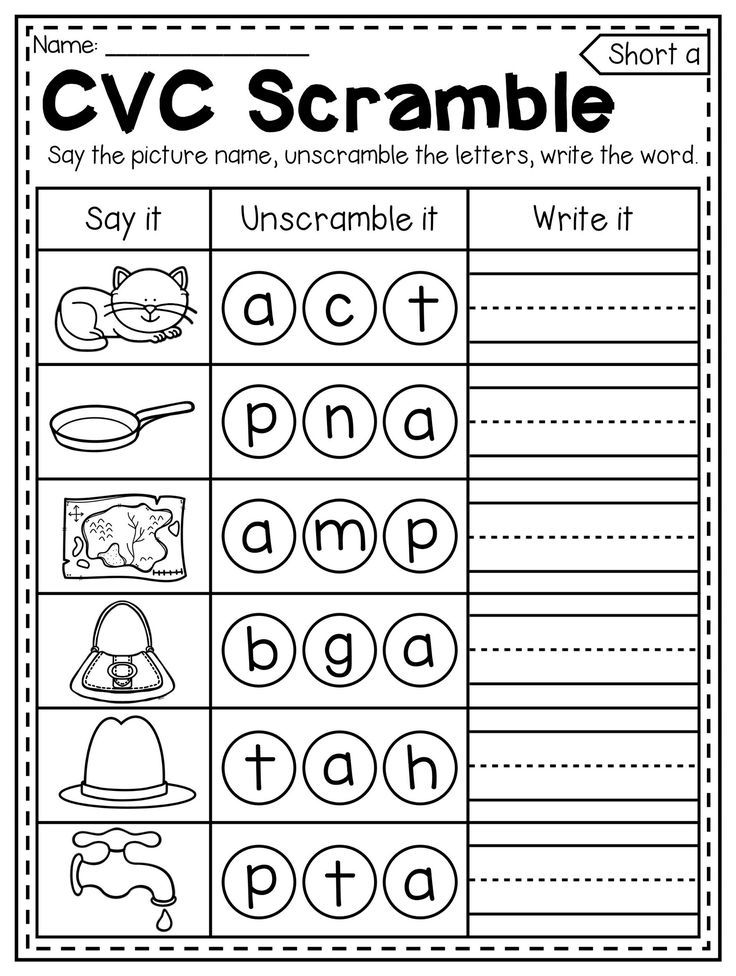 32 841.92] /Contents 172 0R /group> /Tabs /S /StructParents 76 >> endobj 61 0 obj > /ProcSet [/PDF /Text /ImageB /ImageC /ImageI] >> /MediaBox [0 0 595.32 841.92] /Contents 173 0R /group> /Tabs /S /StructParents 77 >> endobj 62 0 obj > /ExtGState> /ProcSet [/PDF /Text /ImageB /ImageC /ImageI] >> /MediaBox[0 0 595.32 841.92] /Contents 174 0R /group> /Tabs /S /StructParents 78 >> endobj 63 0 obj > /ExtGState> /ProcSet [/PDF /Text /ImageB /ImageC /ImageI] >> /MediaBox [0 0 595.32 841.92] /Contents 175 0R /group> /Tabs /S /StructParents 79 >> endobj 64 0 obj > /ExtGState> /ProcSet [/PDF /Text /ImageB /ImageC /ImageI] >> /MediaBox [0 0 595.32 841.92] /Contents 176 0R /group> /Tabs /S /StructParents 80 >> endobj 65 0 obj > /ProcSet [/PDF /Text /ImageB /ImageC /ImageI] >> /MediaBox[0 0 595.32 841.92] /Contents 177 0 R /group> /Tabs /S /StructParents 81 >> endobj 66 0 obj > /ExtGState> /ProcSet [/PDF /Text /ImageB /ImageC /ImageI] >> /Annots [179 0R] /MediaBox [0 0 595.32 841.92] /Contents 180 0 R /group> /Tabs /S /StructParents 82 >> endobj 67 0 obj > /ExtGState> /ProcSet [/PDF /Text /ImageB /ImageC /ImageI] >> /MediaBox [0 0 595.
32 841.92] /Contents 172 0R /group> /Tabs /S /StructParents 76 >> endobj 61 0 obj > /ProcSet [/PDF /Text /ImageB /ImageC /ImageI] >> /MediaBox [0 0 595.32 841.92] /Contents 173 0R /group> /Tabs /S /StructParents 77 >> endobj 62 0 obj > /ExtGState> /ProcSet [/PDF /Text /ImageB /ImageC /ImageI] >> /MediaBox[0 0 595.32 841.92] /Contents 174 0R /group> /Tabs /S /StructParents 78 >> endobj 63 0 obj > /ExtGState> /ProcSet [/PDF /Text /ImageB /ImageC /ImageI] >> /MediaBox [0 0 595.32 841.92] /Contents 175 0R /group> /Tabs /S /StructParents 79 >> endobj 64 0 obj > /ExtGState> /ProcSet [/PDF /Text /ImageB /ImageC /ImageI] >> /MediaBox [0 0 595.32 841.92] /Contents 176 0R /group> /Tabs /S /StructParents 80 >> endobj 65 0 obj > /ProcSet [/PDF /Text /ImageB /ImageC /ImageI] >> /MediaBox[0 0 595.32 841.92] /Contents 177 0 R /group> /Tabs /S /StructParents 81 >> endobj 66 0 obj > /ExtGState> /ProcSet [/PDF /Text /ImageB /ImageC /ImageI] >> /Annots [179 0R] /MediaBox [0 0 595.32 841.92] /Contents 180 0 R /group> /Tabs /S /StructParents 82 >> endobj 67 0 obj > /ExtGState> /ProcSet [/PDF /Text /ImageB /ImageC /ImageI] >> /MediaBox [0 0 595.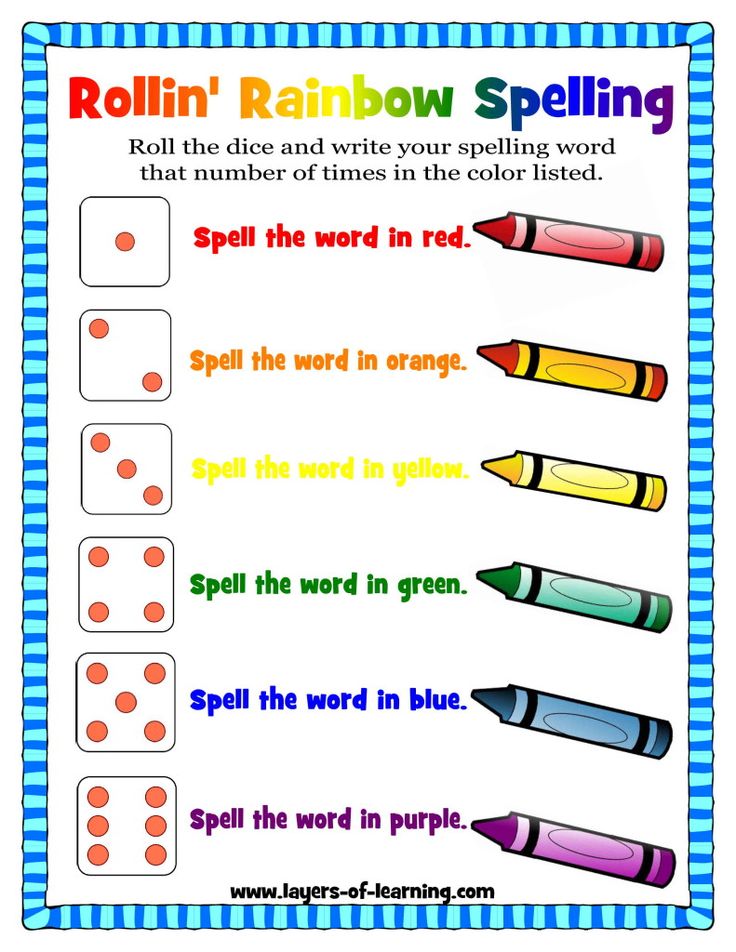 32 841.92] /Contents 181 0 R /group> /Tabs /S /StructParents 84 >> endobj 68 0 obj > /ExtGState> /ProcSet [/PDF /Text /ImageB /ImageC /ImageI] >> /MediaBox[0 0 595.32 841.92] /Contents 182 0 R /group> /Tabs /S /StructParents 85 >> endobj 69 0 obj > /ExtGState> /XObject> /ProcSet [/PDF /Text /ImageB /ImageC /ImageI] >> /MediaBox [0 0 595.32 841.92] /Contents 184 0 R /group> /Tabs /S /StructParents 86 >> endobj 70 0 obj > /ExtGState> /XObject> /ProcSet [/PDF /Text /ImageB /ImageC /ImageI] >> /MediaBox [0 0 595.32 841.92] /Contents 186 0 R /group> /Tabs /S /StructParents 87 >> endobj 71 0 obj > /ExtGState> /XObject> /ProcSet [/PDF /Text /ImageB /ImageC /ImageI] >> /MediaBox[0 0 595.32 841.92] /Contents 188 0R /group> /Tabs /S /StructParents 88 >> endobj 72 0 obj > endobj 73 0 obj > endobj 74 0 obj > endobj 75 0 obj > endobj 76 0 obj > endobj 77 0 obj > endobj 78 0 obj > endobj 79 0 obj > endobj 80 0 obj > endobj 81 0 obj > endobj 82 0 obj > stream x
32 841.92] /Contents 181 0 R /group> /Tabs /S /StructParents 84 >> endobj 68 0 obj > /ExtGState> /ProcSet [/PDF /Text /ImageB /ImageC /ImageI] >> /MediaBox[0 0 595.32 841.92] /Contents 182 0 R /group> /Tabs /S /StructParents 85 >> endobj 69 0 obj > /ExtGState> /XObject> /ProcSet [/PDF /Text /ImageB /ImageC /ImageI] >> /MediaBox [0 0 595.32 841.92] /Contents 184 0 R /group> /Tabs /S /StructParents 86 >> endobj 70 0 obj > /ExtGState> /XObject> /ProcSet [/PDF /Text /ImageB /ImageC /ImageI] >> /MediaBox [0 0 595.32 841.92] /Contents 186 0 R /group> /Tabs /S /StructParents 87 >> endobj 71 0 obj > /ExtGState> /XObject> /ProcSet [/PDF /Text /ImageB /ImageC /ImageI] >> /MediaBox[0 0 595.32 841.92] /Contents 188 0R /group> /Tabs /S /StructParents 88 >> endobj 72 0 obj > endobj 73 0 obj > endobj 74 0 obj > endobj 75 0 obj > endobj 76 0 obj > endobj 77 0 obj > endobj 78 0 obj > endobj 79 0 obj > endobj 80 0 obj > endobj 81 0 obj > endobj 82 0 obj > stream x Project activities as a means of developing spelling literacy of younger students.
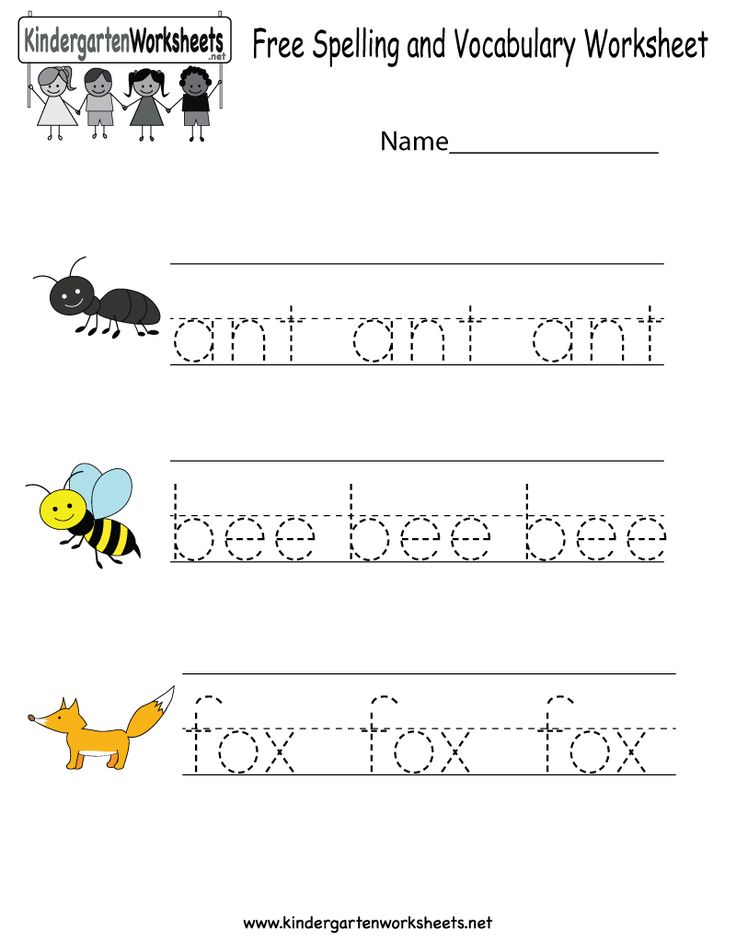
Shishkina Lyubov Vladimirovna,
teacher of elementary classes of MAOU "Secondary School No. 21 of Chelyabinsk"
PROJECT ACTIVITY AS A MEANS OF FORMATION OF SPELLING LITERACY OF JUNIOR SCHOOLCHILDREN
literacy of students. The problem of the formation of spelling literacy of juniors schoolchildren remains unresolved for various reasons:
difficulties spelling itself,
fragmentation studied rules,
absence motivation for spelling,
inattention students to the word, to their native speech,
limited vocabulary,
underestimation opportunities for the period of literacy for spelling,
inability organize educational activities in the study of spelling.
And if we fail to eliminate the first cause, then we can deal with everyone else can and should try.
Each teacher solves the problem of forming a spelling literacy in their own way.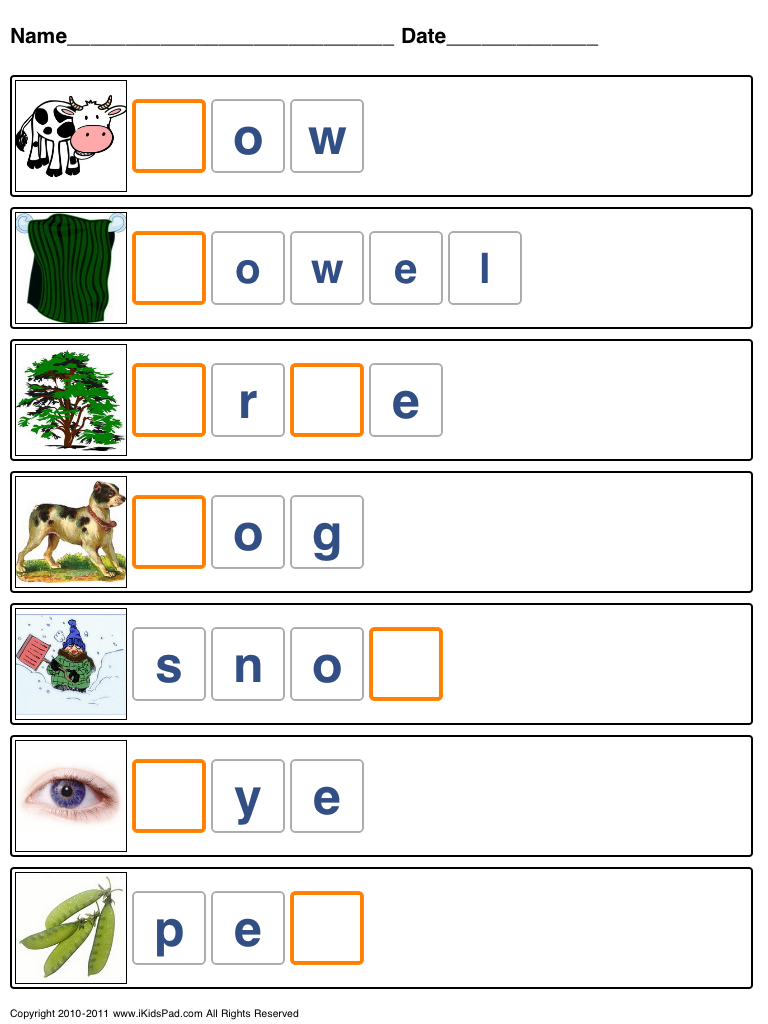 I want to offer you my system the formation of this necessary skill, an important element of which is project activities at the lessons of teaching literacy and the Russian language.
I want to offer you my system the formation of this necessary skill, an important element of which is project activities at the lessons of teaching literacy and the Russian language.
As you know, one of the reasons for the lack of literacy of schoolchildren lies in the fact that they lack spelling vigilance, that is, the ability to detect "mistakeable" places. Not noticing such places, children, even knowing those or other spelling rules, do not resort to them in the process of writing.
The basics of spelling vigilance can be formed even before the beginning of the study of basic spelling rules, that is, during the period of study literacy.
In order to achieve this goal during the period of literacy, I consider very important not to write down a single, even the shortest word without prior analysis, speaking aloud while writing and mandatory verification after end of recording. Moreover, both the analysis of the word and its verification must necessarily be fixed on paper in the form of some conventional symbols.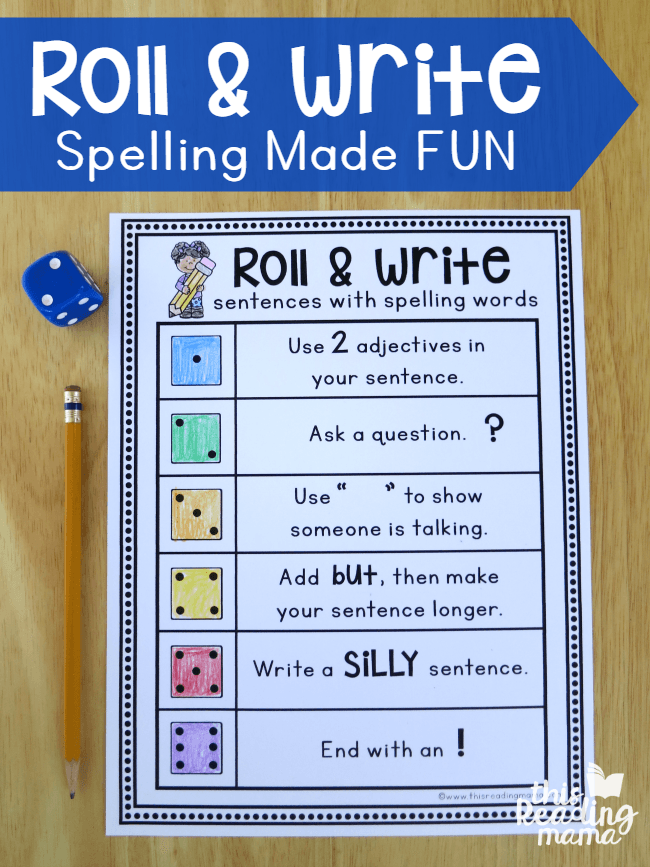
It takes a lot of time and many teachers do this work from time to time for this very reason. But our task is not to write as many words as possible, and develop the habit of always acting on certain algorithm.
It is painstaking, time-consuming, often quite monotonous activity is unlikely to arouse in children an ardent desire to engage in it if they do not they will see that this is not work at all, but an exciting game.
Speaking at the very first literacy lessons about the word as about the basic unit of language, we find that words turn out to be very look like people. Just like people, they are born, live, develop, and sometimes they even die. Like people, words are indifferent, calm, kind and evil, funny and sad. Words can support in difficult times, can save a person, or they can strike and even kill. Words can be ours enemies, if it is inept to deal with them, and can be friends, if you treat them respect them and take care of their health. Yes, words, like people, can get sick, and no one but us can help them.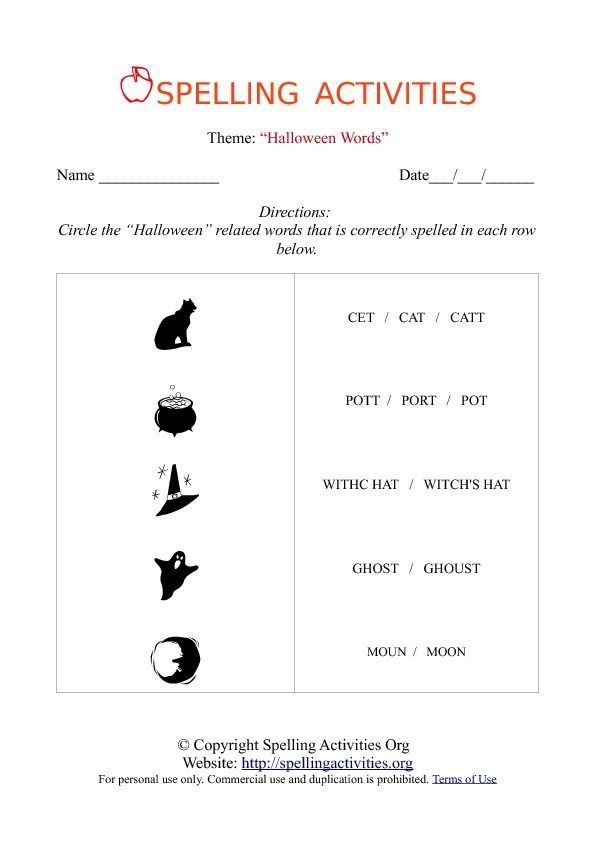
This is how the word doctor game begins, which, gradually developing and becoming more complex, it can last several years, until the skill correct spelling activity will not be formed.
And this is not at all a boring word that needs to be analyzed, and the patient who came to the appointment.
And therefore, it is imperative that you first listen carefully and examine, detect all the symptoms of the disease, based on the symptoms, put correct diagnosis and prescribe treatment in accordance with the diagnosis. Agree that all these stages of activity logically follow one from the other and none of them they cannot be missed and simply cannot be swapped.
But this is exactly the spelling analysis algorithm the words! First you need to hear or see (when cheating) an identification sign of spelling (i.e., symptoms of the disease), determine the type by the sign spelling (make a diagnosis) and only then apply the rule (assign treatment).
I think that in most cases the reason for the spelling illiteracy of students lies in the neglect of the first and second points this algorithm.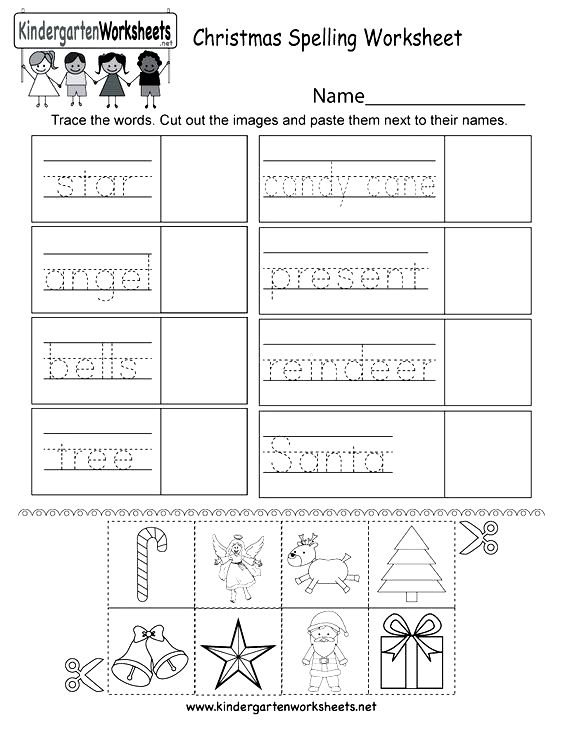 The teacher often requires the child to immediately make a diagnosis without teaching detect and analyze the symptoms of the disease. We would like to get to an appointment with a doctor who diagnoses by eye? I think no.
The teacher often requires the child to immediately make a diagnosis without teaching detect and analyze the symptoms of the disease. We would like to get to an appointment with a doctor who diagnoses by eye? I think no.
So, the sequence of the patient's admission is determined. The problem is the absence of any reference books on the diseases of words. And since no one did not create such reference books, we will have to deal with this important matter. And this already the occasion for a whole series of research projects in the field of vocabulary medicine. The end product of this series of projects will be the creation of a HANDBOOK DICTIONARY DOCTOR.
What is this handbook? This is a folder, title page which each child decorates to their liking. The contents of the folder are permanent updated, updated and summarized. On the second sheet, a list is compiled symptoms of diseases, i.e. identifying signs of orthograms. Each new the phrase on this sheet begins with the word I HEAR.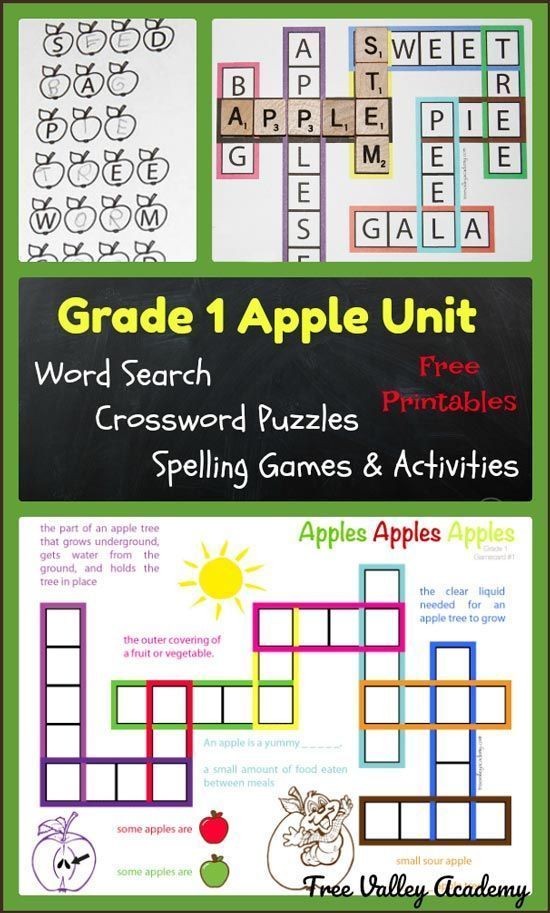 It is convenient to make such a list gradually, as these signs are discovered and spelling is studied.
It is convenient to make such a list gradually, as these signs are discovered and spelling is studied.
Once the main identities have been determined, you can start creating a memo "ORDER OF INSPECTION OF THE WORD". This work can offer children as a project activity. The purpose of the assignment is to establish a clear correspondence between the identified identification features of orthograms and spellings studied at that time and the creation of a visual support for independent analysis of spelling in the classroom and at home.
This work is preceded by a project-game in the duty doctors of the reception departments. The task of doctors is to examine patients, create in your hospital the required number of departments and distribute them to different departments of the hospital depending on the identified symptoms.
The next preparatory stage of the project will be registration for each group of patients with a special document in which it is necessary to indicate the symptoms of the disease, make a diagnosis and prescribe treatment, decide on the name of the department and, using your own prescription, cure all sick people (then there are spelling mistakes).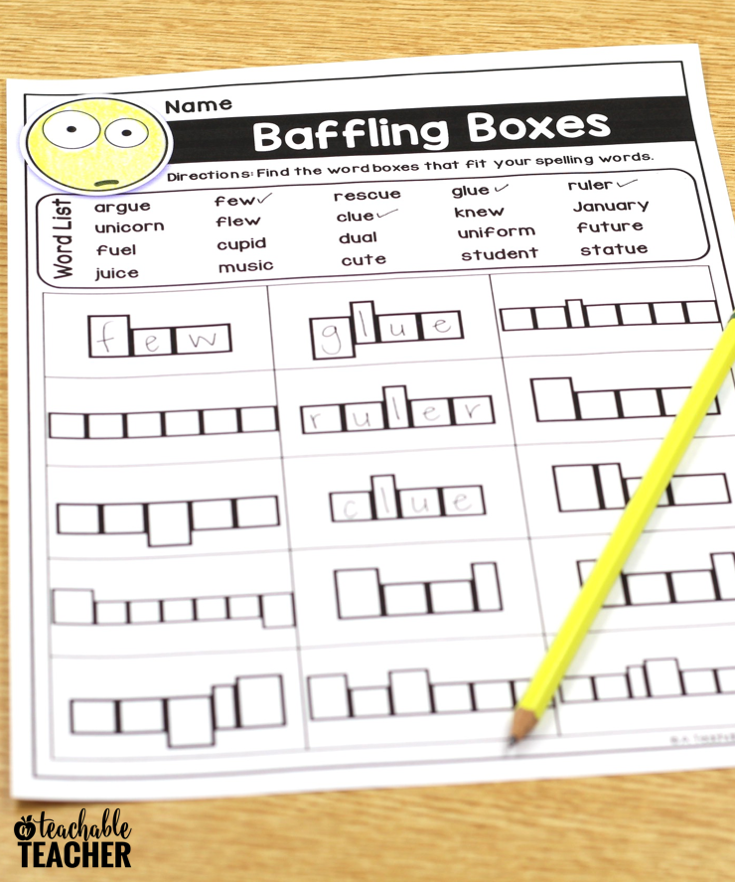
After such preparatory work, which is not even work you name it, because it is perceived by children as an interesting game, compose the summary table of the memo "ORDER OF INSPECTION OF THE WORD" for them will not amount to any labor. The memo determines the correct order spelling analysis, helps to summarize the disparate knowledge that children have and establish a correspondence between the identification features of orthograms and their names.
A little later, while getting acquainted with the parts of the word, we find out that being able to define a prefix or suffix is not an end in itself. Parts of a word - everything just like human organs. And some diseases are treated equally in all organs, and some are completely different. The command "Define diseased organ” and find out what symptoms for diagnostics require the execution of this command, and which do not. For example, if you hear an unstressed vowel [a] or [and], then it is very important to know in which parts of the word it is located, since each of them has its own rules.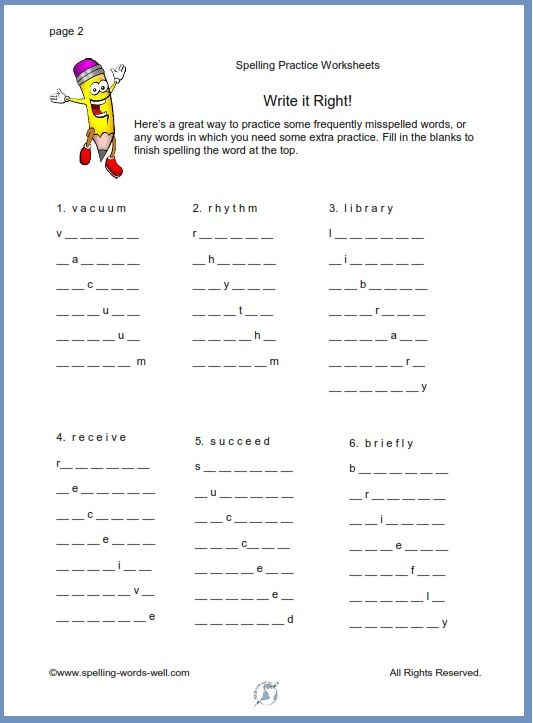 BUT if you hear, for example, combinations of CHU-SHU, then wherever they are, always write according to the same rule.
BUT if you hear, for example, combinations of CHU-SHU, then wherever they are, always write according to the same rule.
The memo will be updated and replaced with a new one more than once, as how children will improve their knowledge of spelling. In particular one day it will turn out that just as people have common diseases, but there are characteristic, for example, only for children or only for women, each part There are specific and general spellings of speech. Then the memo will have enter the command “define the part of speech” and decide in which cases it is necessary fulfill.
But the memo only helps to determine the diagnosis. When the diagnosis is correctly made, you can proceed to prevention or treatment. Just as doctors compile algorithms for diagnostics and treatment of various human diseases, dictionary doctors should compose the same algorithms for the treatment of words.
Clearly, treatment is a last resort. The job of a good doctor is prevent illness.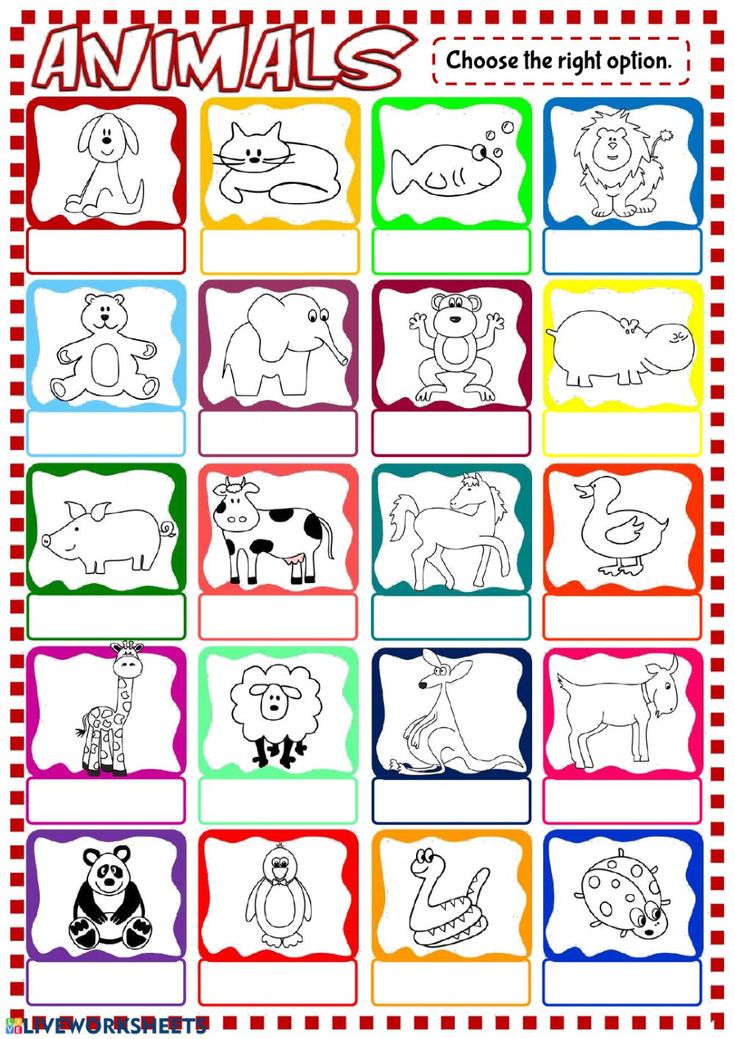 Therefore, each sheet contains the information of two types: prevention algorithm (how to act in order to avoid mistakes) and treatment algorithm (how to correct errors correctly). Drafting such algorithms is also a reason for group or individual design activities. The algorithms proposed by the children are discussed, if necessary. are corrected, clarified and supplemented, and then printed out, and each child puts them into his own folder and uses in work.
Therefore, each sheet contains the information of two types: prevention algorithm (how to act in order to avoid mistakes) and treatment algorithm (how to correct errors correctly). Drafting such algorithms is also a reason for group or individual design activities. The algorithms proposed by the children are discussed, if necessary. are corrected, clarified and supplemented, and then printed out, and each child puts them into his own folder and uses in work.
The Vocabulary Doctor project gives teachers great opportunities diversify the activities of students in the Russian language lesson and do the work on the formation of spelling literacy even more effective. For example, no need to do syllabic analysis for the sake of syllabic analysis. After all, if you think This is the real ultrasound. After analyzing the "snapshot" of the word, an experienced dictionary the doctor will identify all the symptoms of possible diseases and give recommendations on how to avoid them allow.
You can play surgeons and remove all diseased organs when writing words.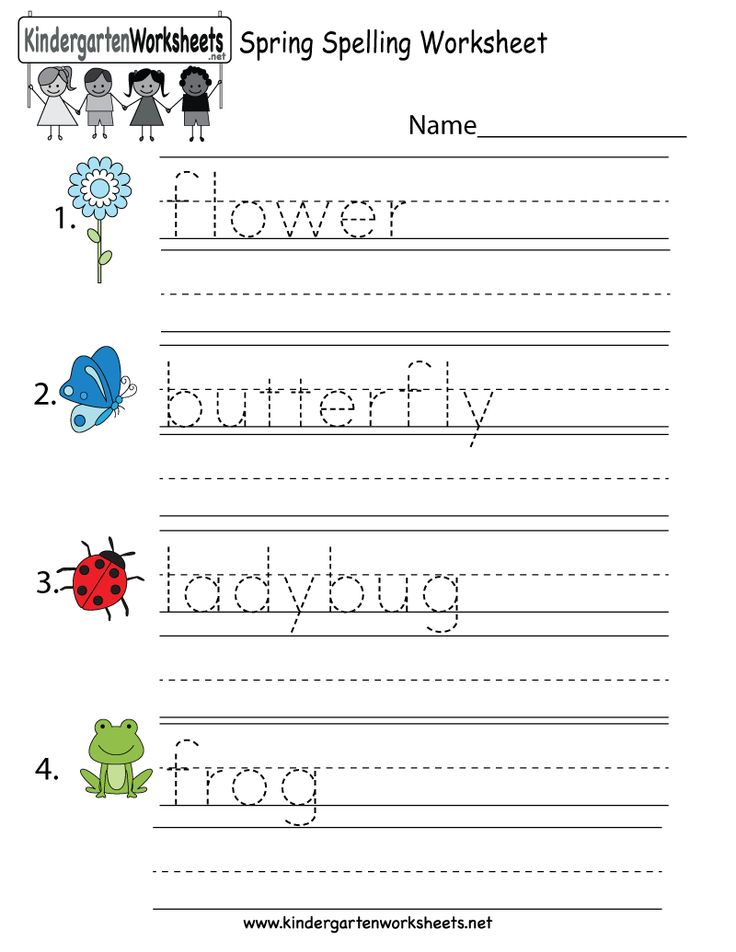 You will get a very effective technique, known as "recording with windows". Then the letters are inserted after the diagnosis and treatment. In some cases, for example, when choosing test words to unstressed vowels, it is possible to transplant a test a vowel from a "healthy relative" to a sick word. In this case, the children are clearly understand, then the words should not just be similar, but necessarily relatives, otherwise the patient may die.
You will get a very effective technique, known as "recording with windows". Then the letters are inserted after the diagnosis and treatment. In some cases, for example, when choosing test words to unstressed vowels, it is possible to transplant a test a vowel from a "healthy relative" to a sick word. In this case, the children are clearly understand, then the words should not just be similar, but necessarily relatives, otherwise the patient may die.
But all the rules are powerless when it comes to words with unchecked spellings. For such words, a picture dictionary is compiled, which can also be invest in the "Dictionary Doctor's Handbook" Such dictionaries are now not uncommon. Therefore, you can take ready-made pictures and analyze: identify their merits and disadvantages.
Among the advantages, we note that it is more interesting to memorize such words, A picture is easier to remember than a word. Among the disadvantages is the need to remember many small details that are in no way connected with the image in the figure, which over time, easily slip from memory.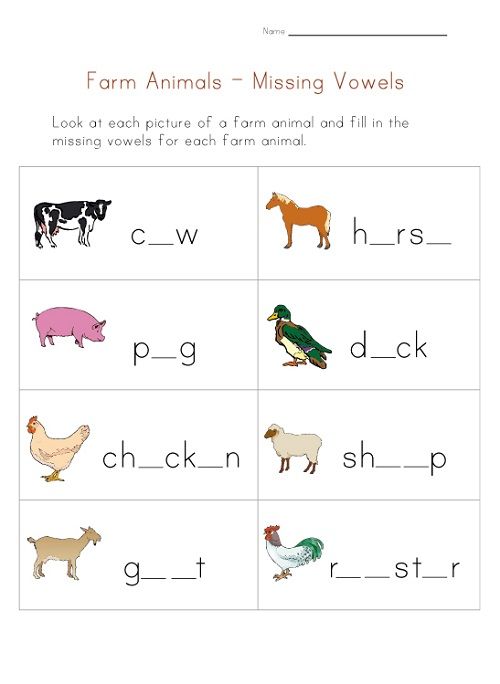 For example, how to remember what the letter E is written on the phones, and on the shovel - O? What if every letter designate a strictly defined color? And, for example, always only in red, And - blue, E - yellow, etc. The color spot is remembered easily and for a long time, and the child always remember which letter needed to be remembered. Of course, provided that the picture will not be overloaded with a lot of unnecessary details and other bright colors.
For example, how to remember what the letter E is written on the phones, and on the shovel - O? What if every letter designate a strictly defined color? And, for example, always only in red, And - blue, E - yellow, etc. The color spot is remembered easily and for a long time, and the child always remember which letter needed to be remembered. Of course, provided that the picture will not be overloaded with a lot of unnecessary details and other bright colors.
When the criteria are defined, it remains to do the most interesting - draw up a picture dictionary for yourself. But what he invented, certainly not forget. Children are engaged in such creative activities with great pleasure. They love to look at their pictures and show them to others. BUT because that's exactly what we need. This project can be either individual or group, depending on the desire of the students.
So, in addition to the undoubted benefits that any project brings activity, playing vocabulary doctor has the following advantages:
pupils learn generalize and systematize new information,
· receive in your order a visual support for the spelling analysis of the word,
assimilate algorithms for detecting and checking all spellings studied in elementary school,
study competently work on your mistakes,
· master the universal a way of memorizing poorly remembered information and learn great number of vocabulary words.